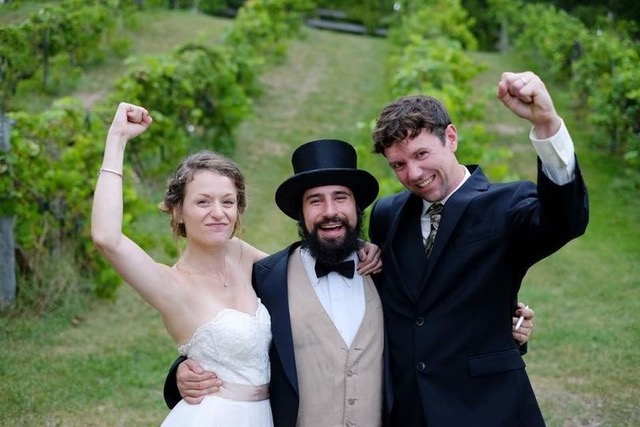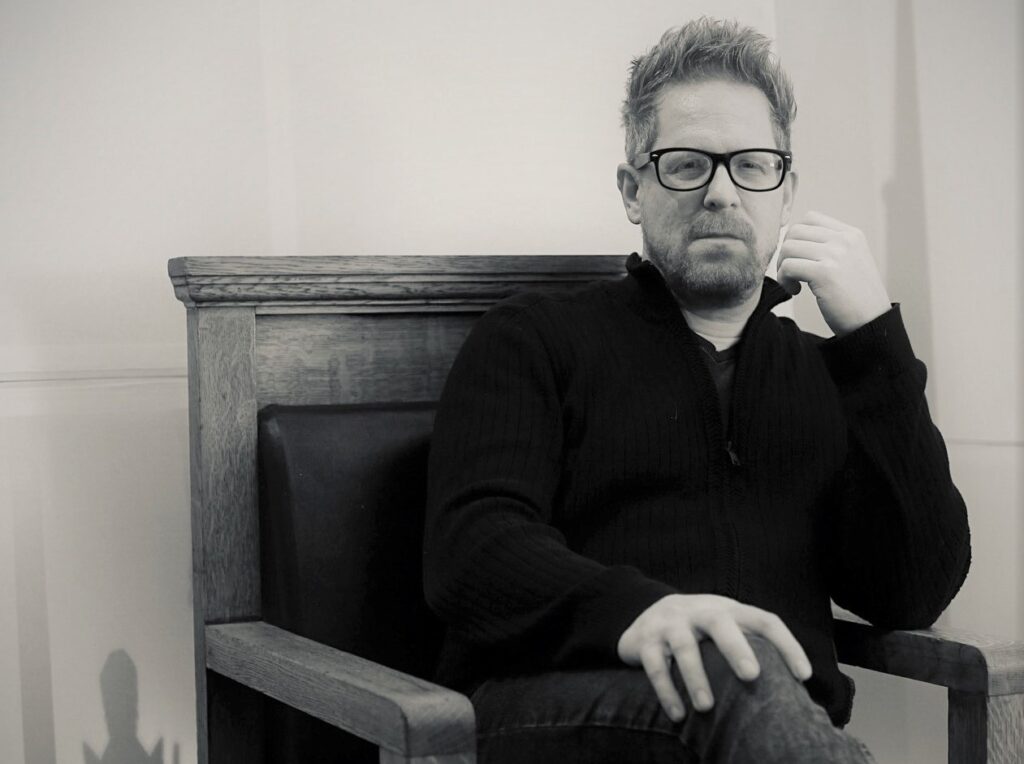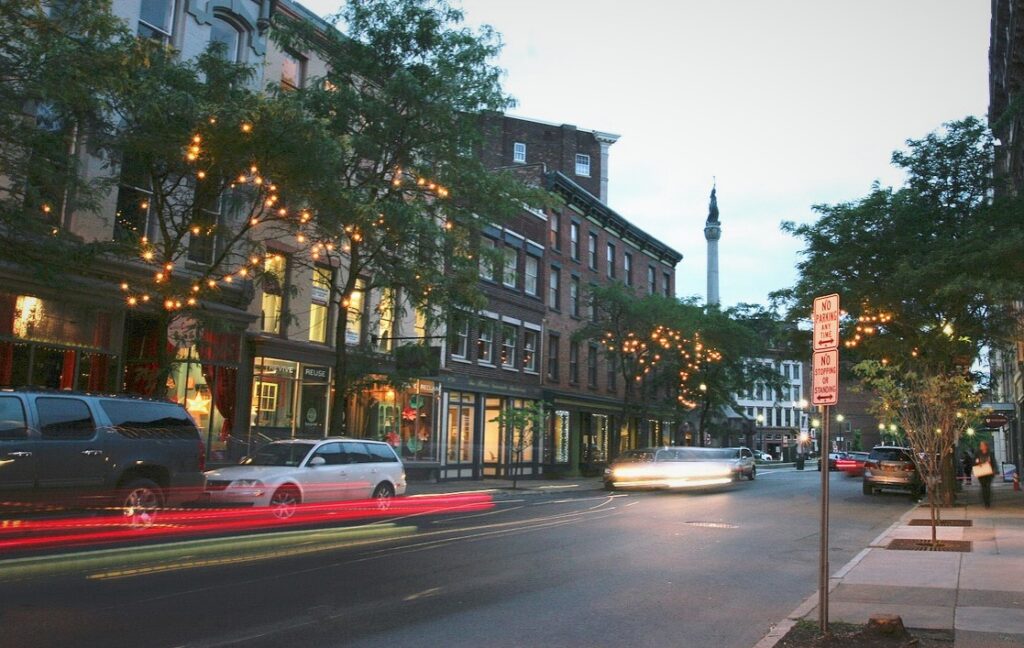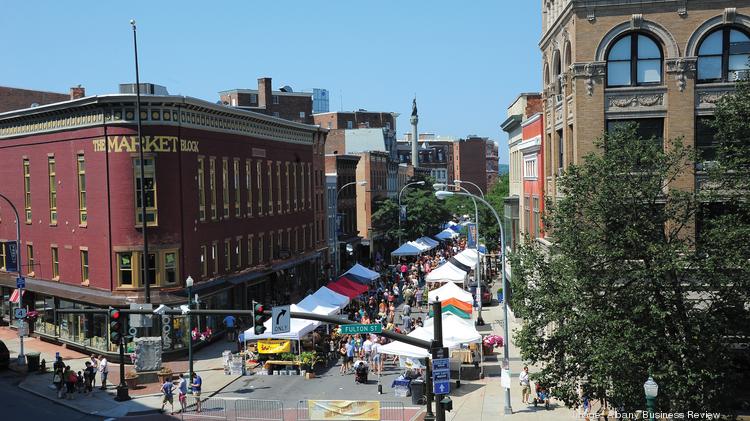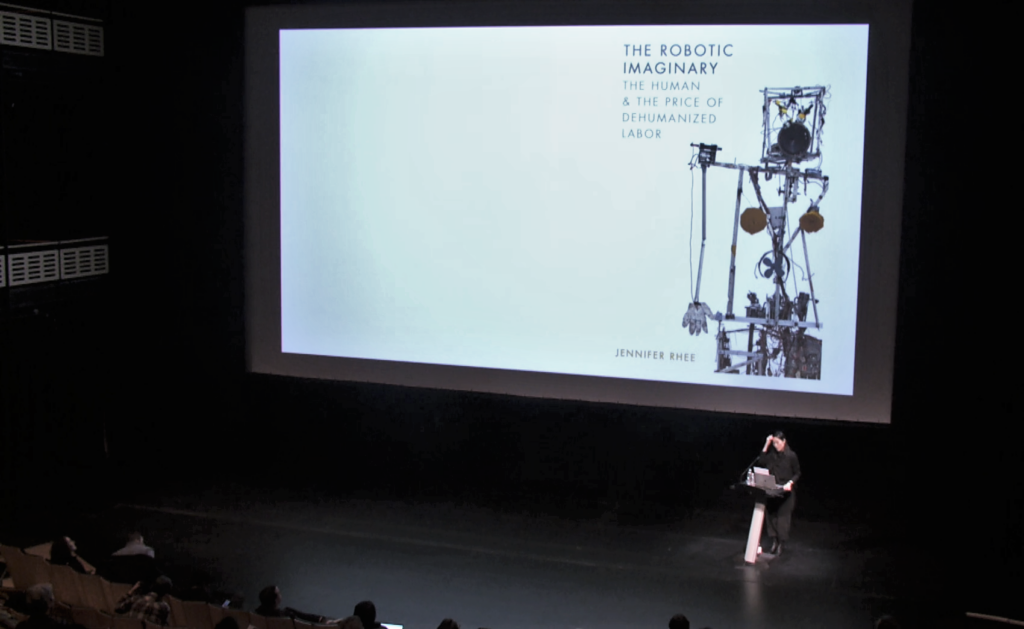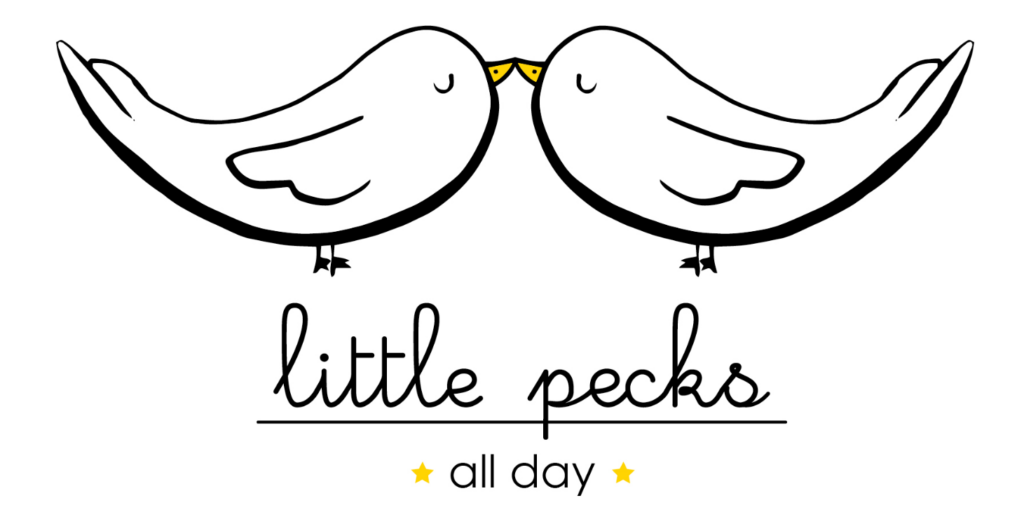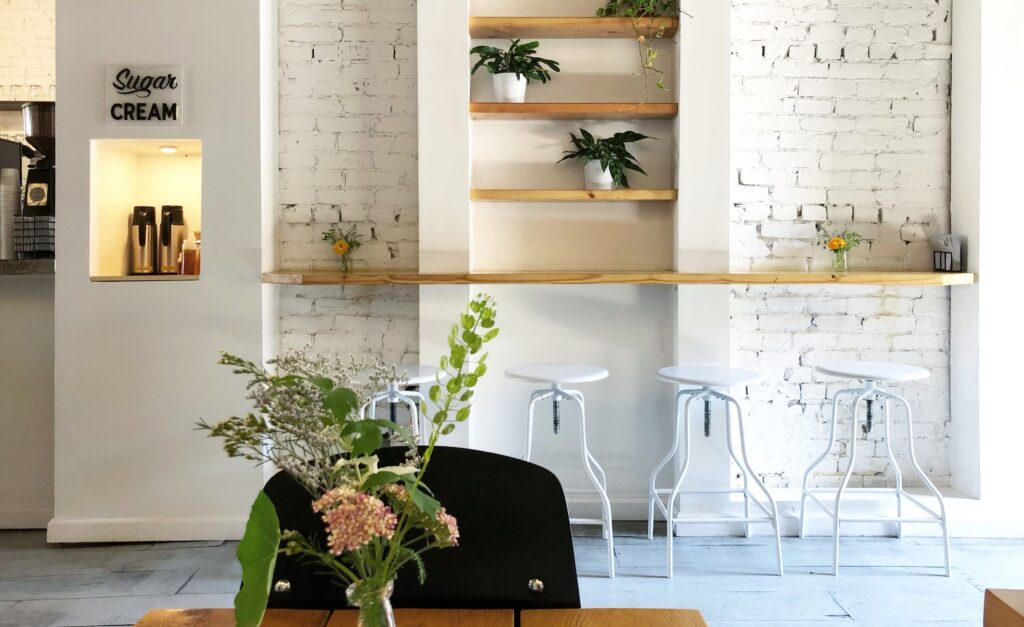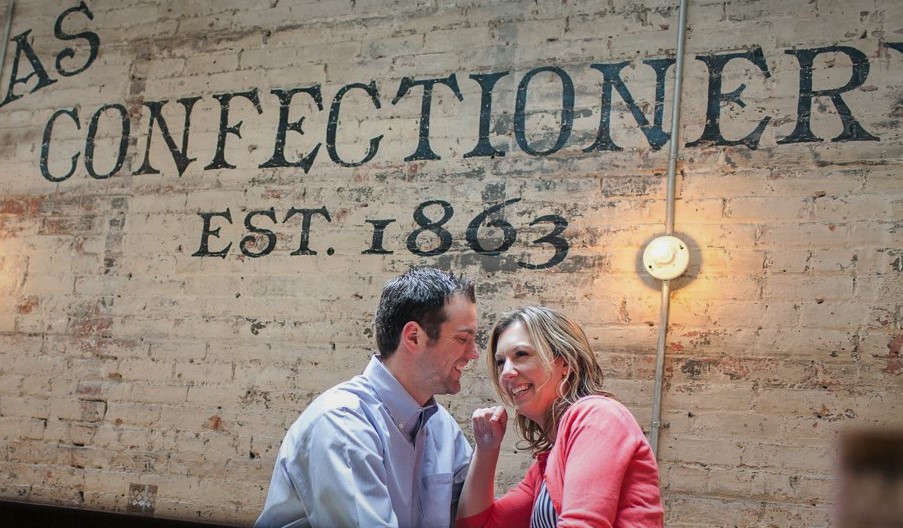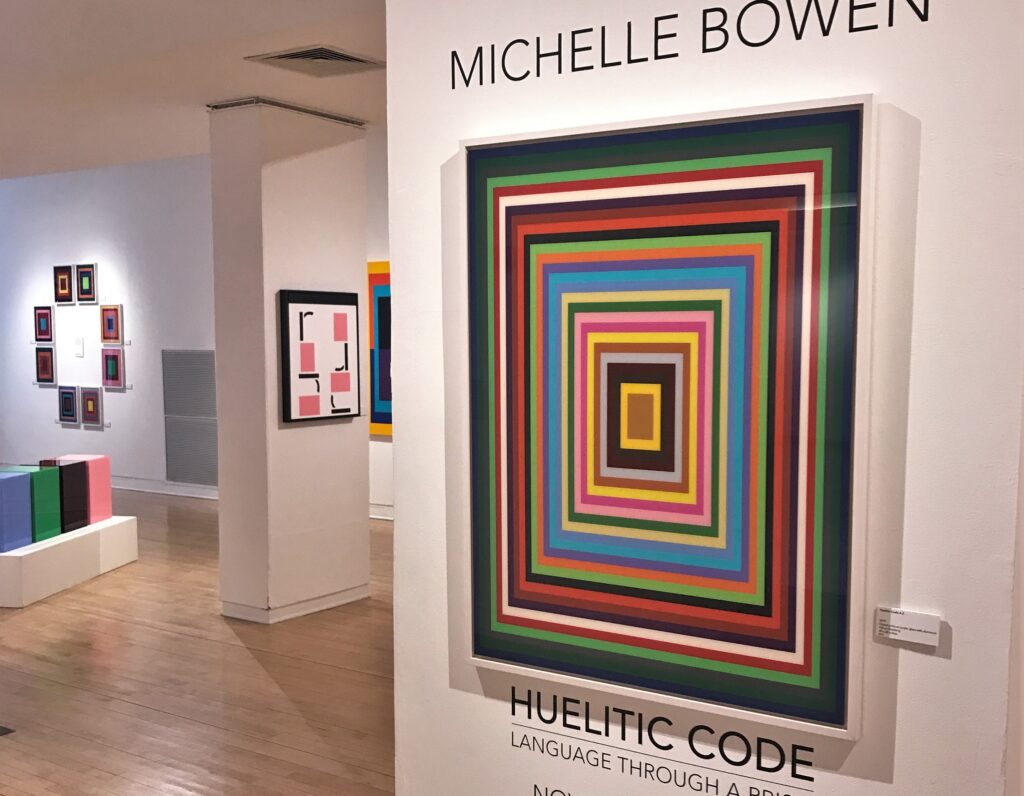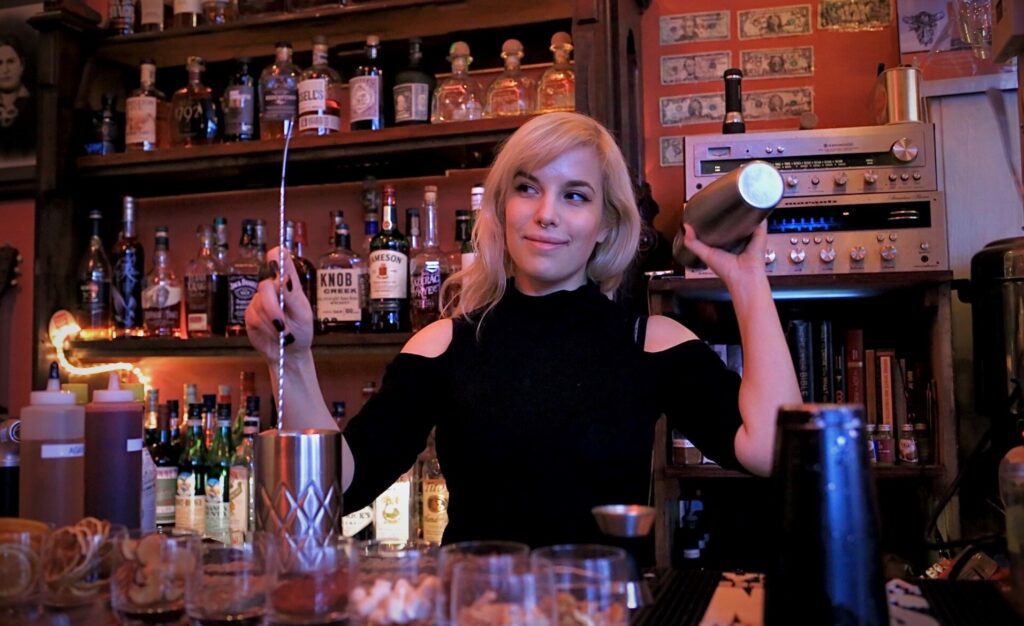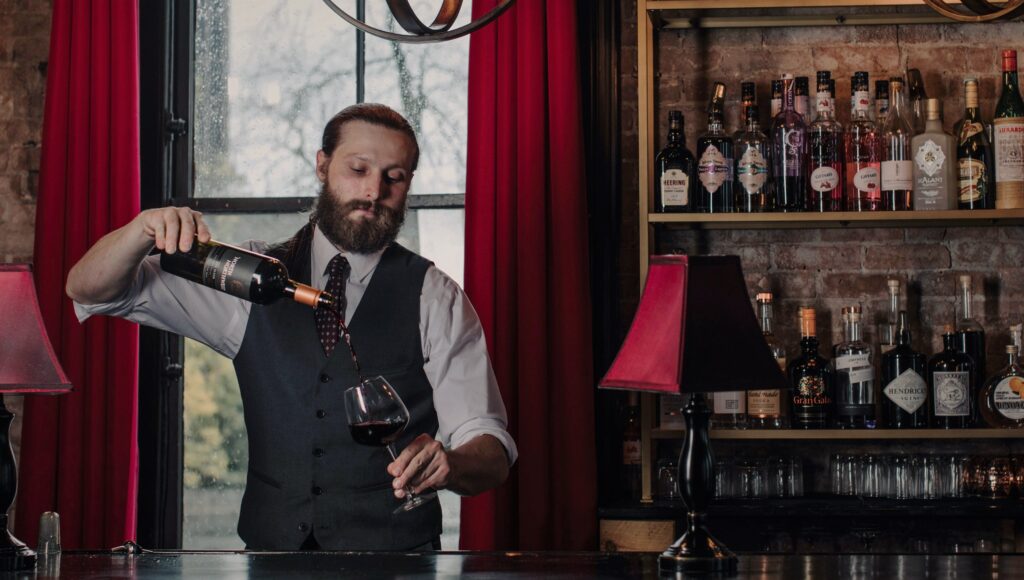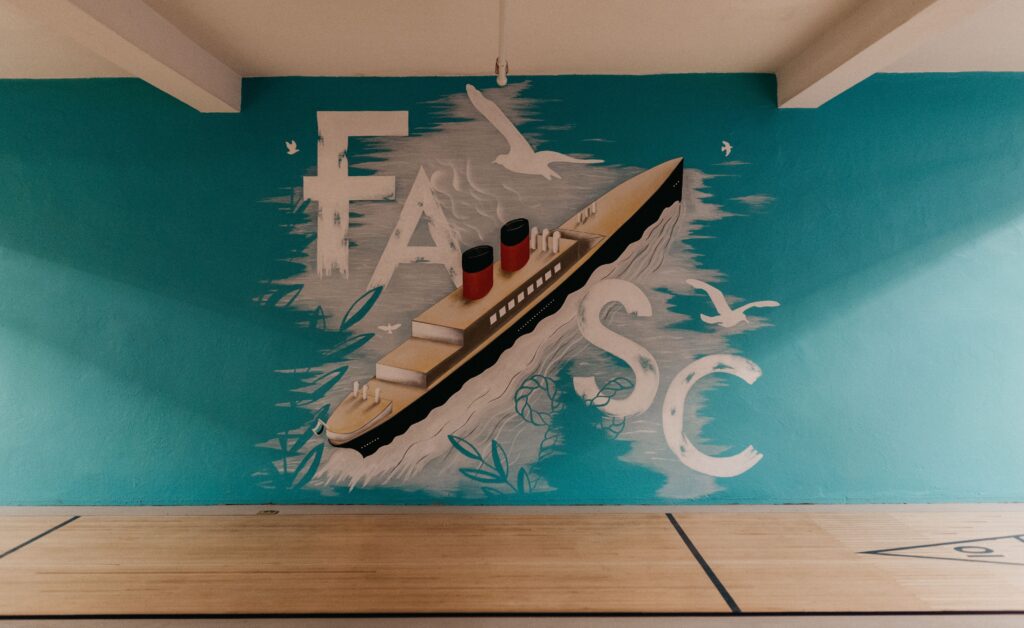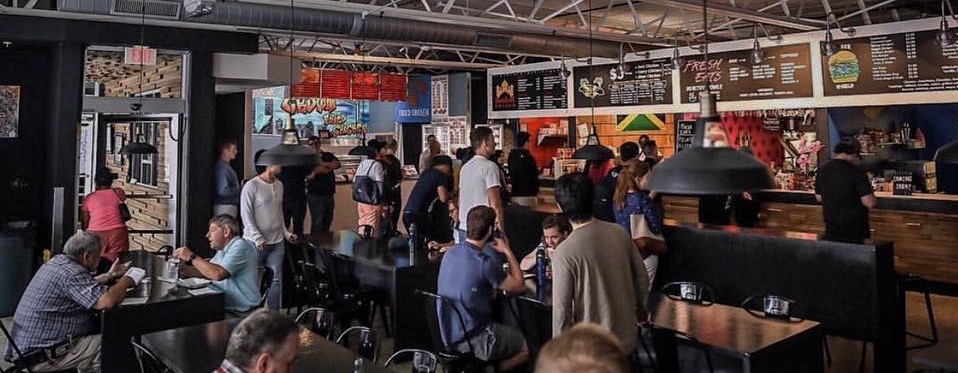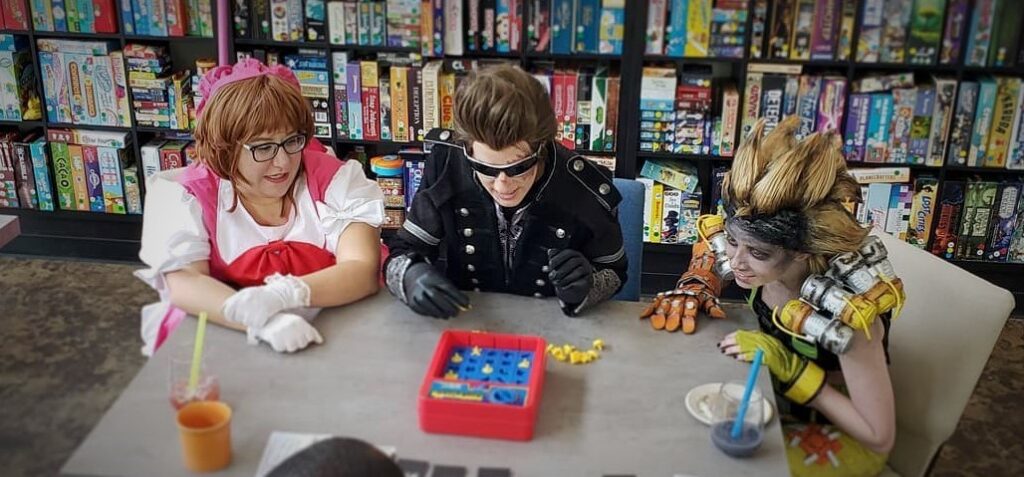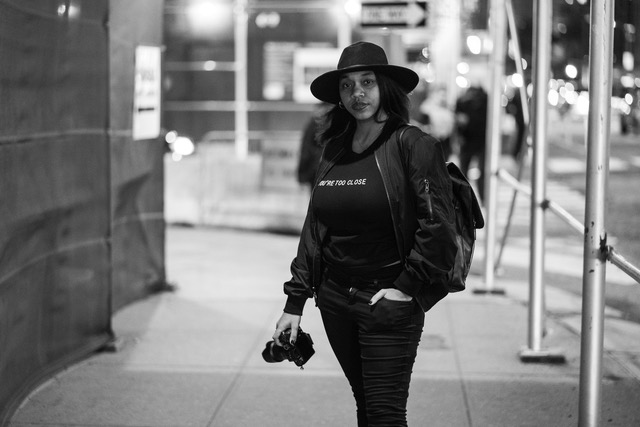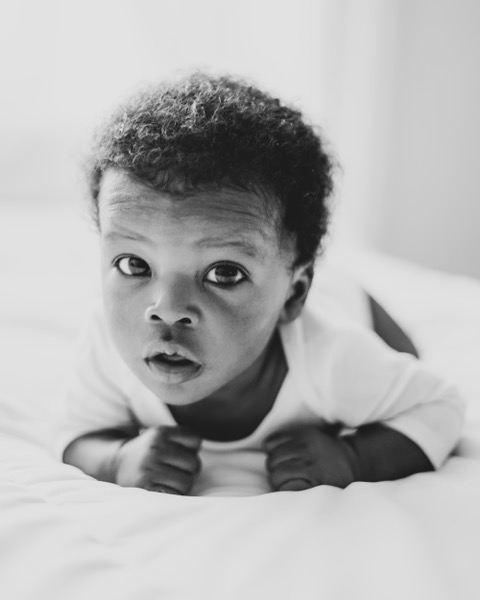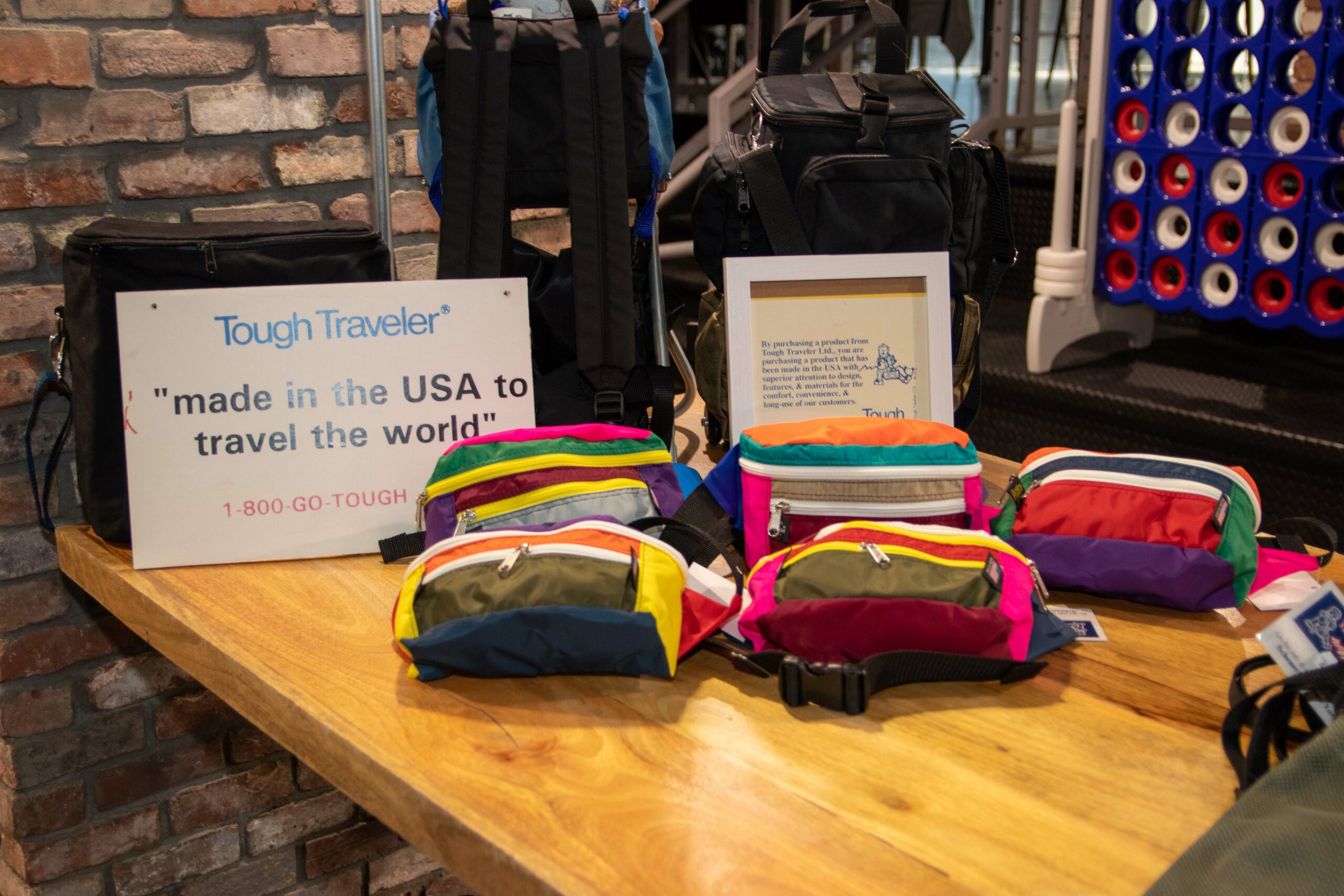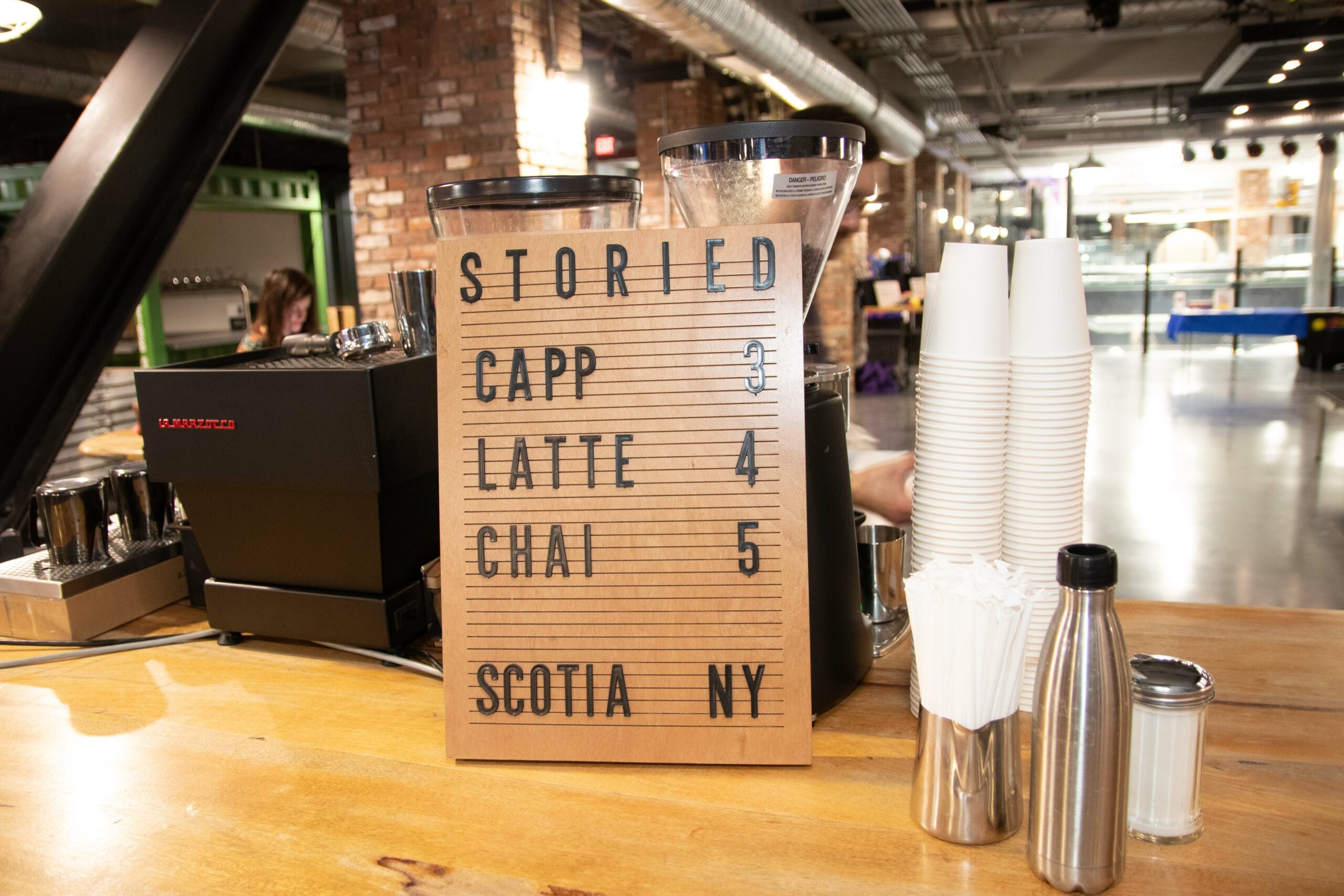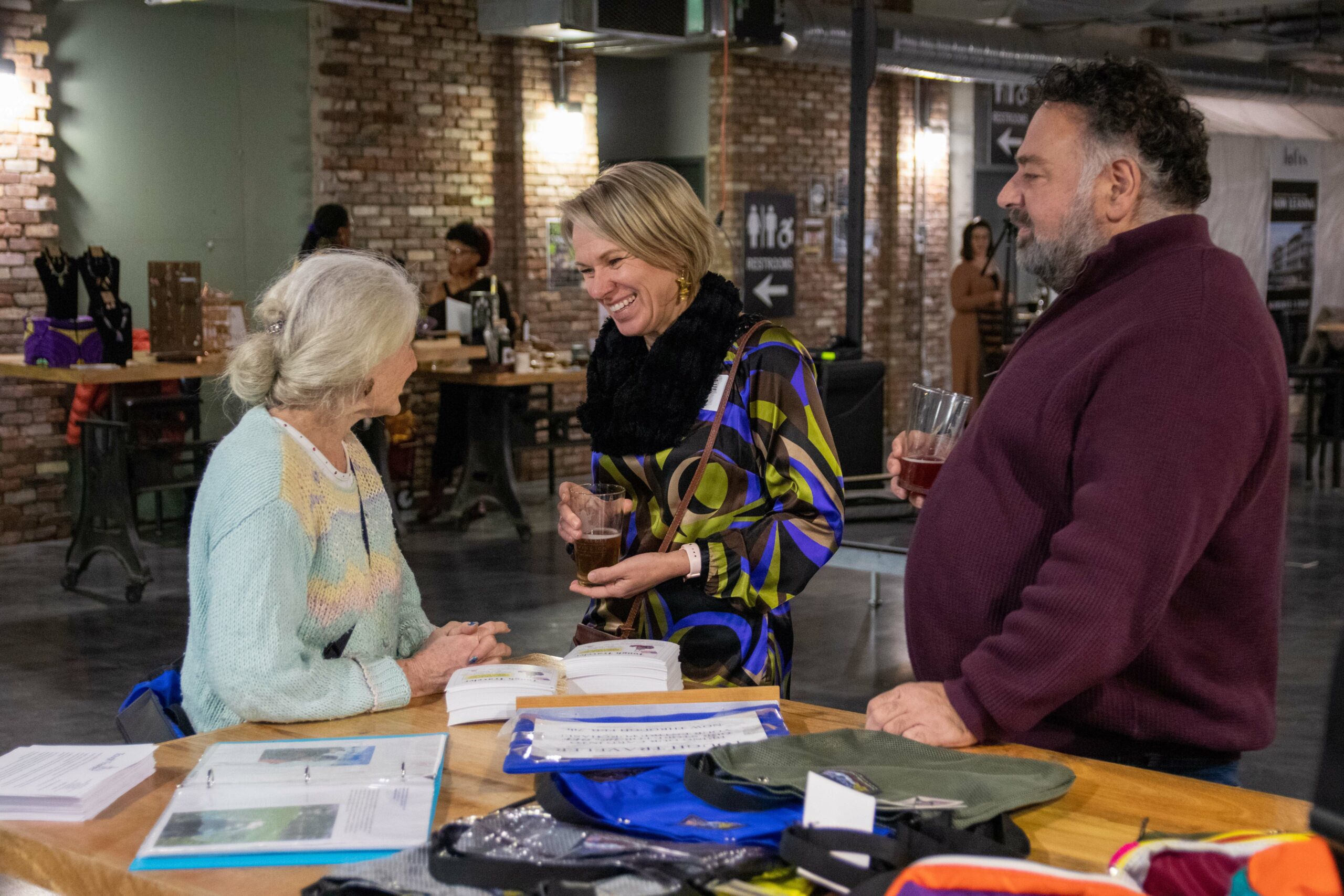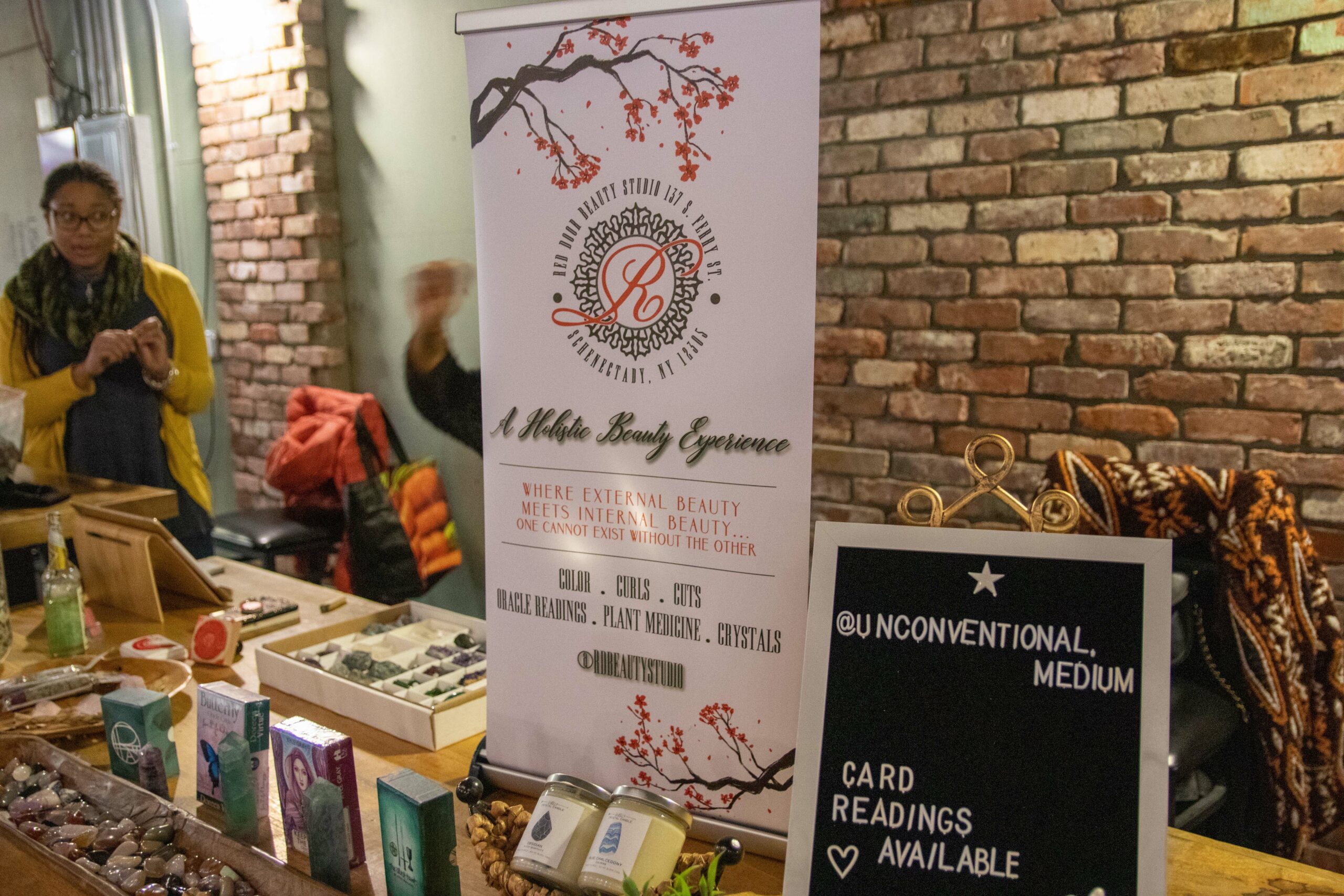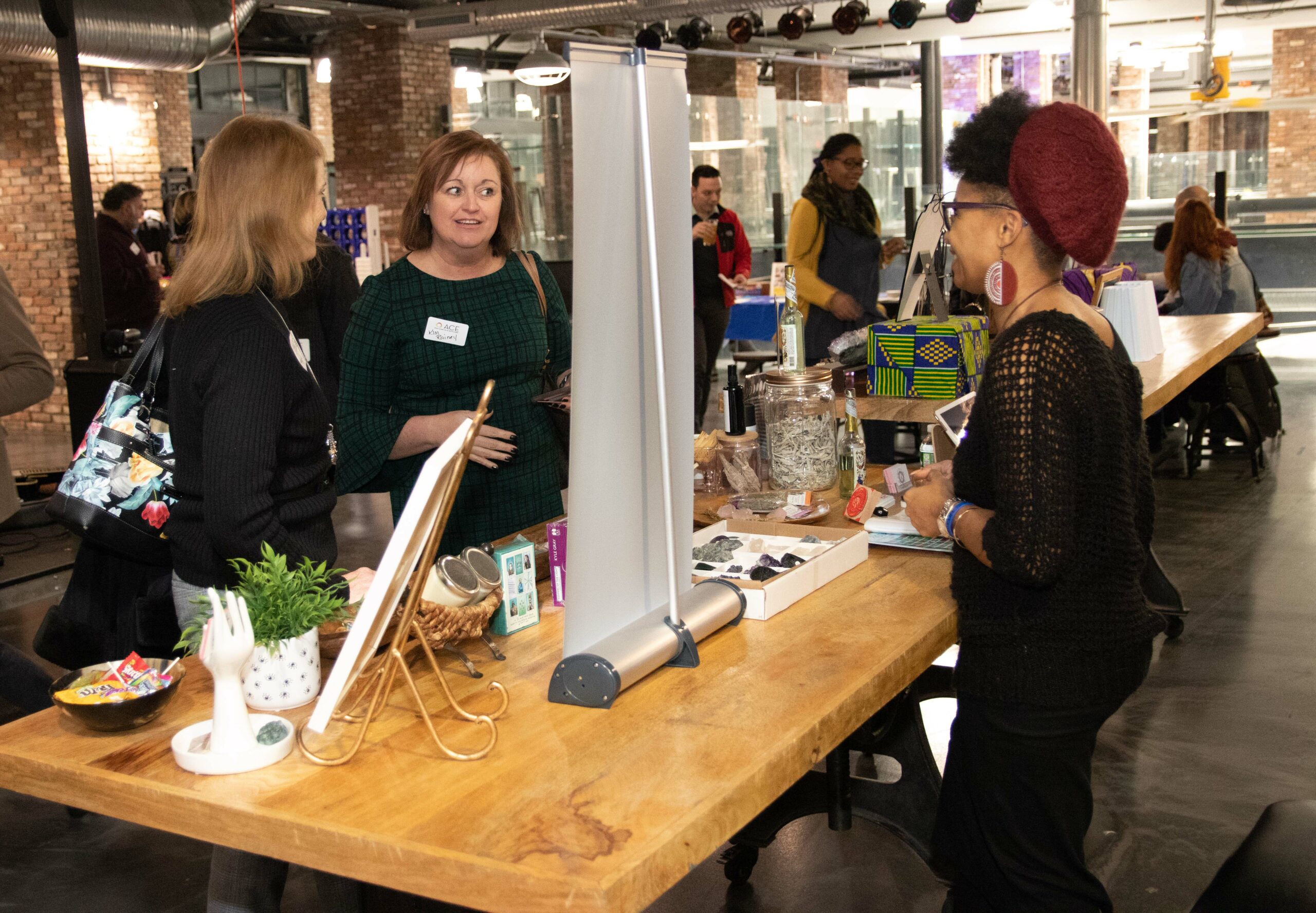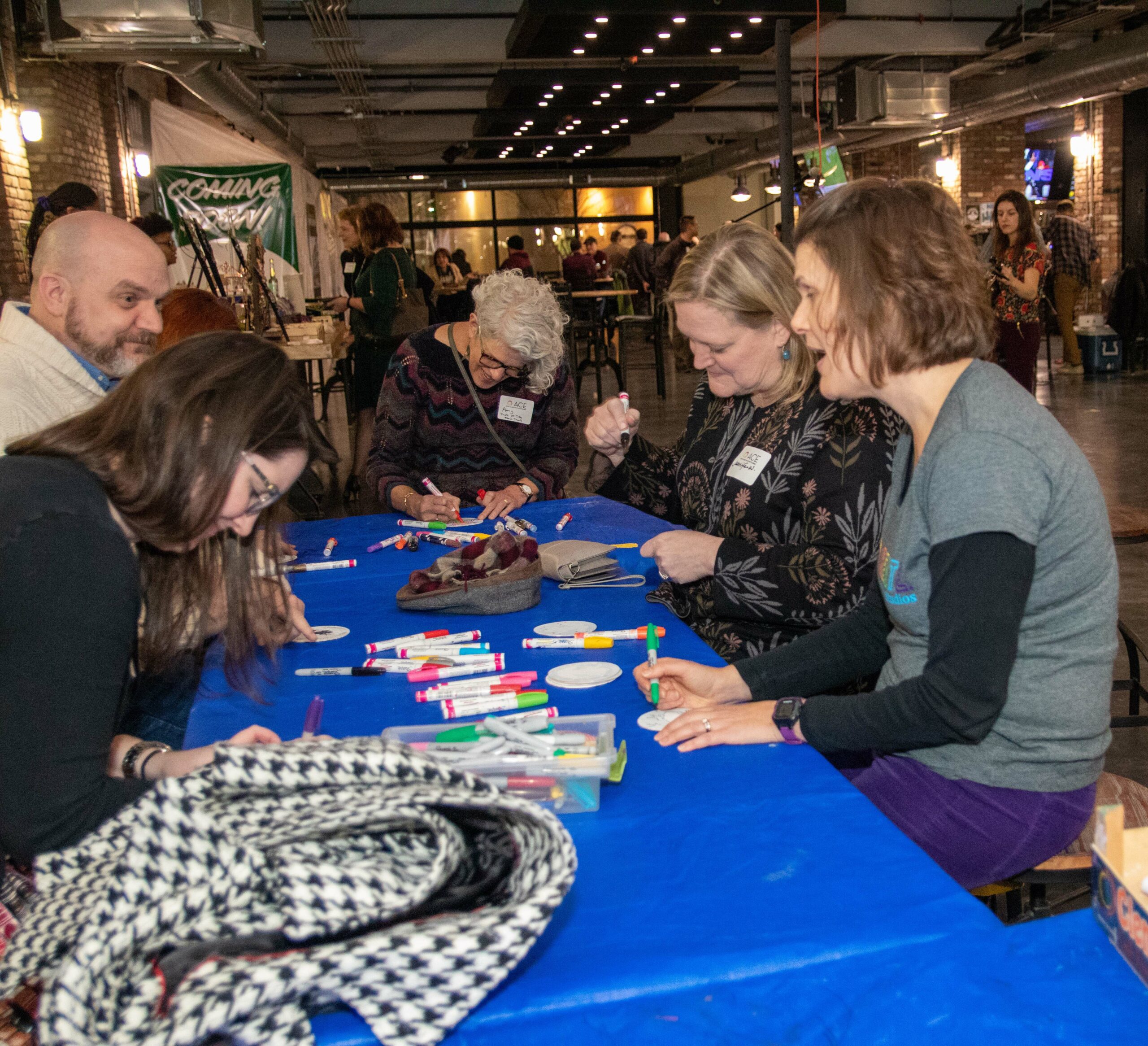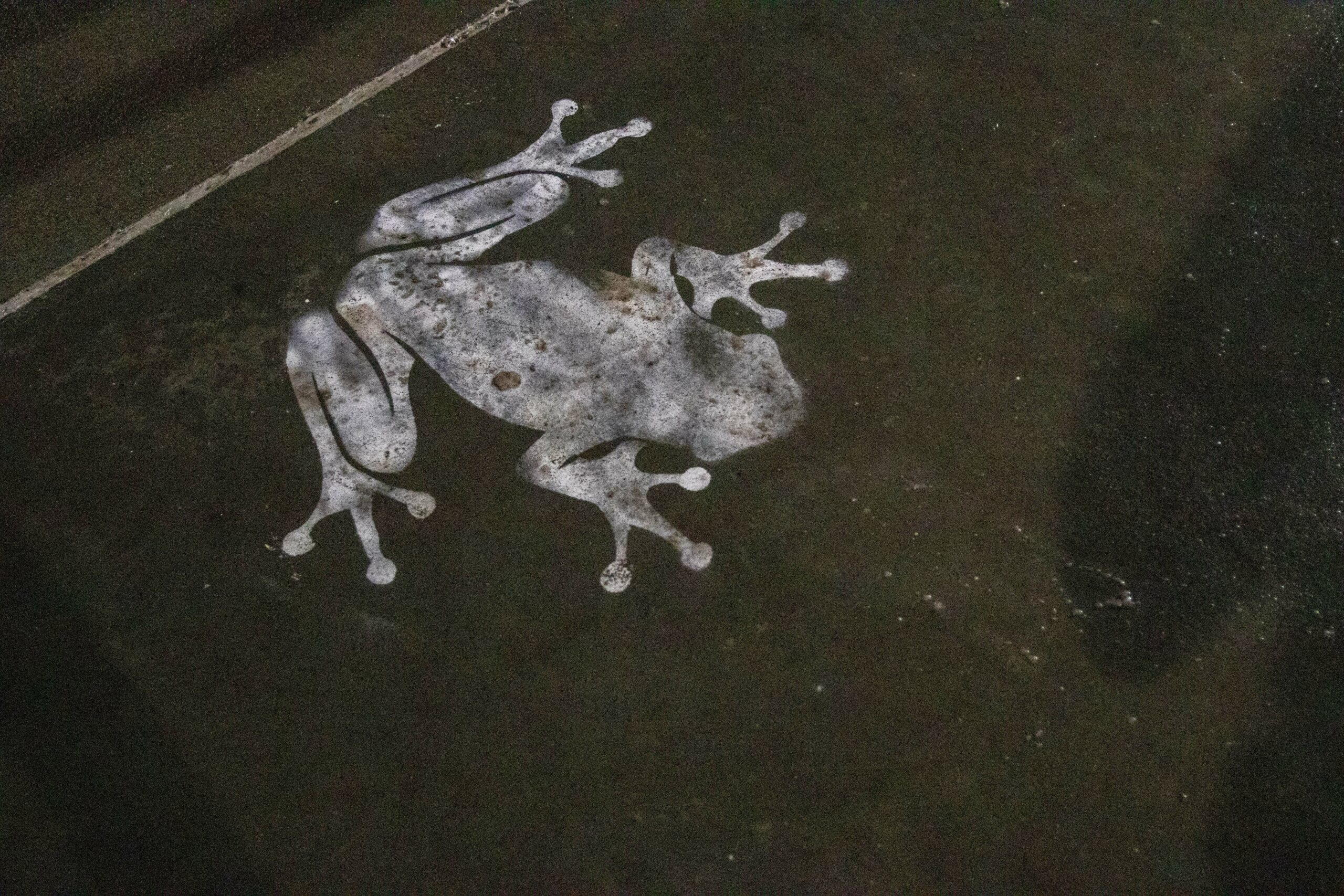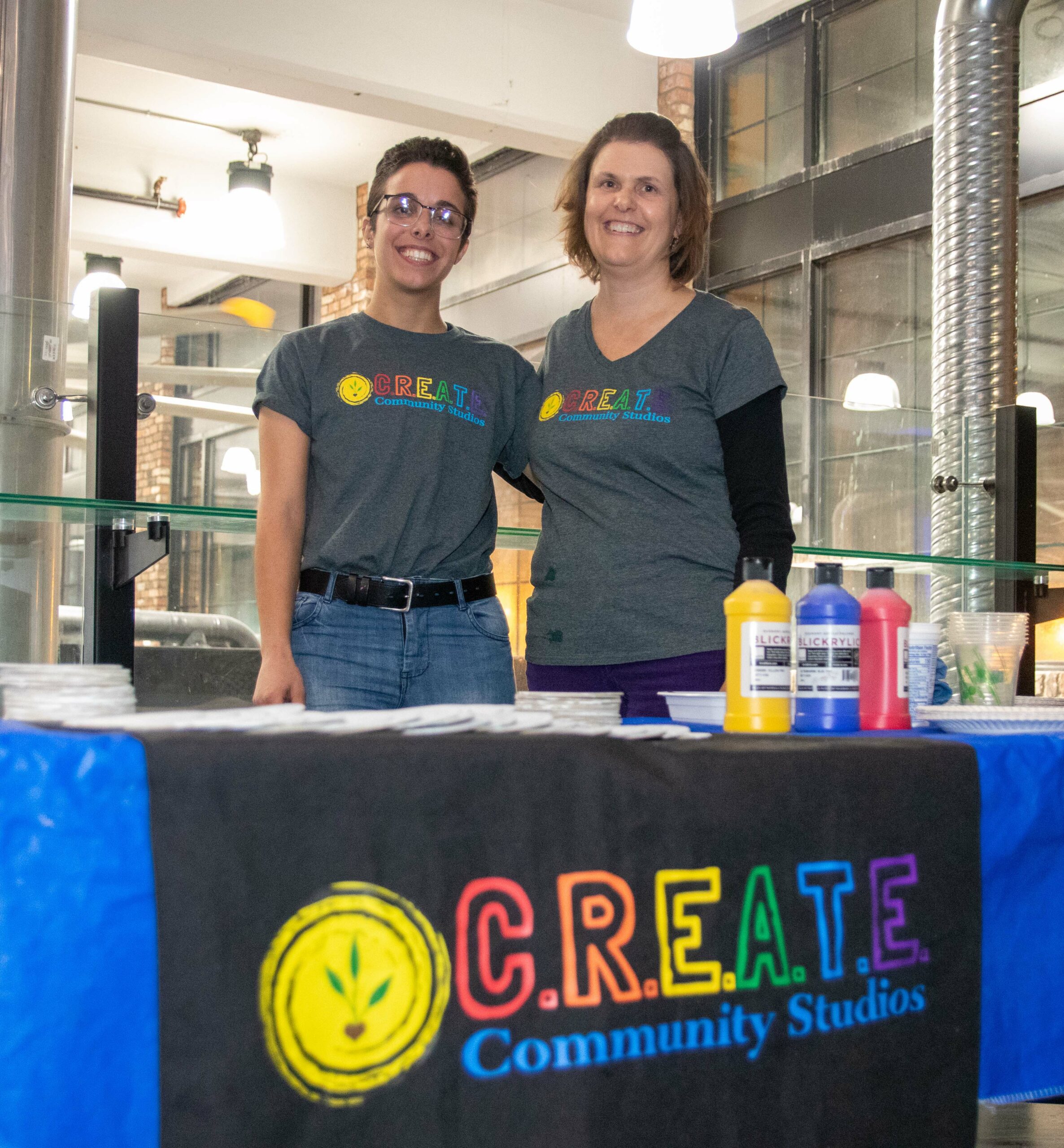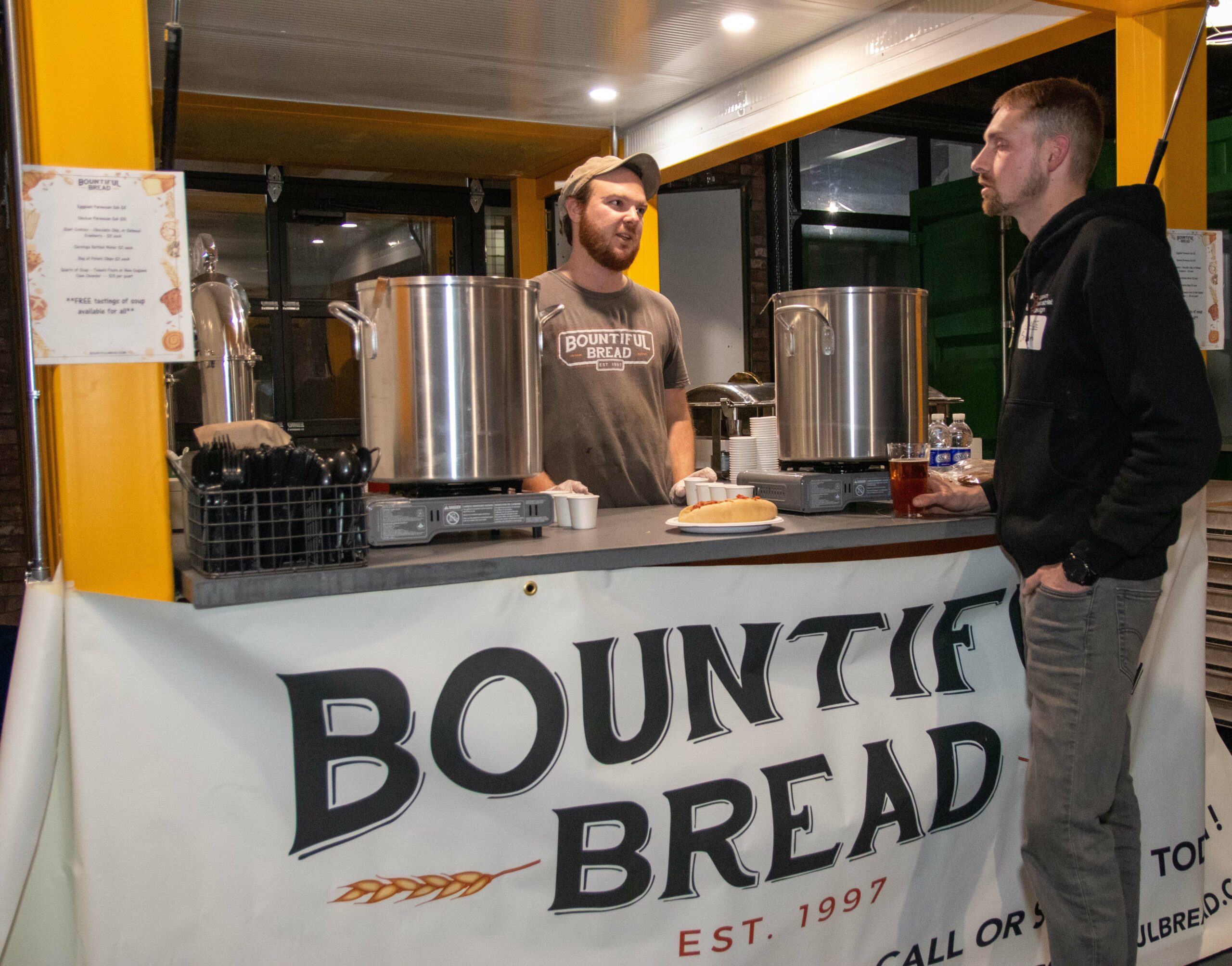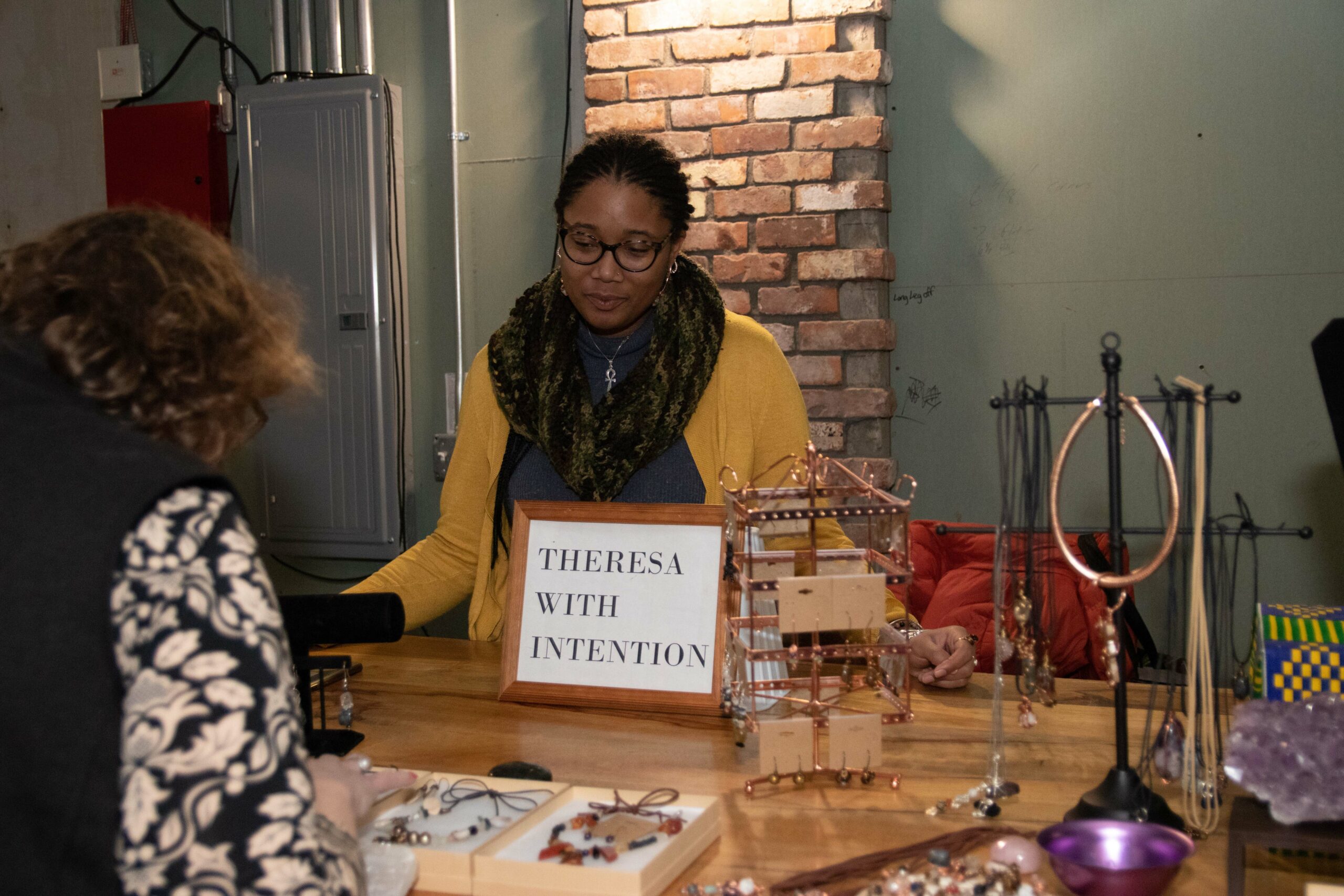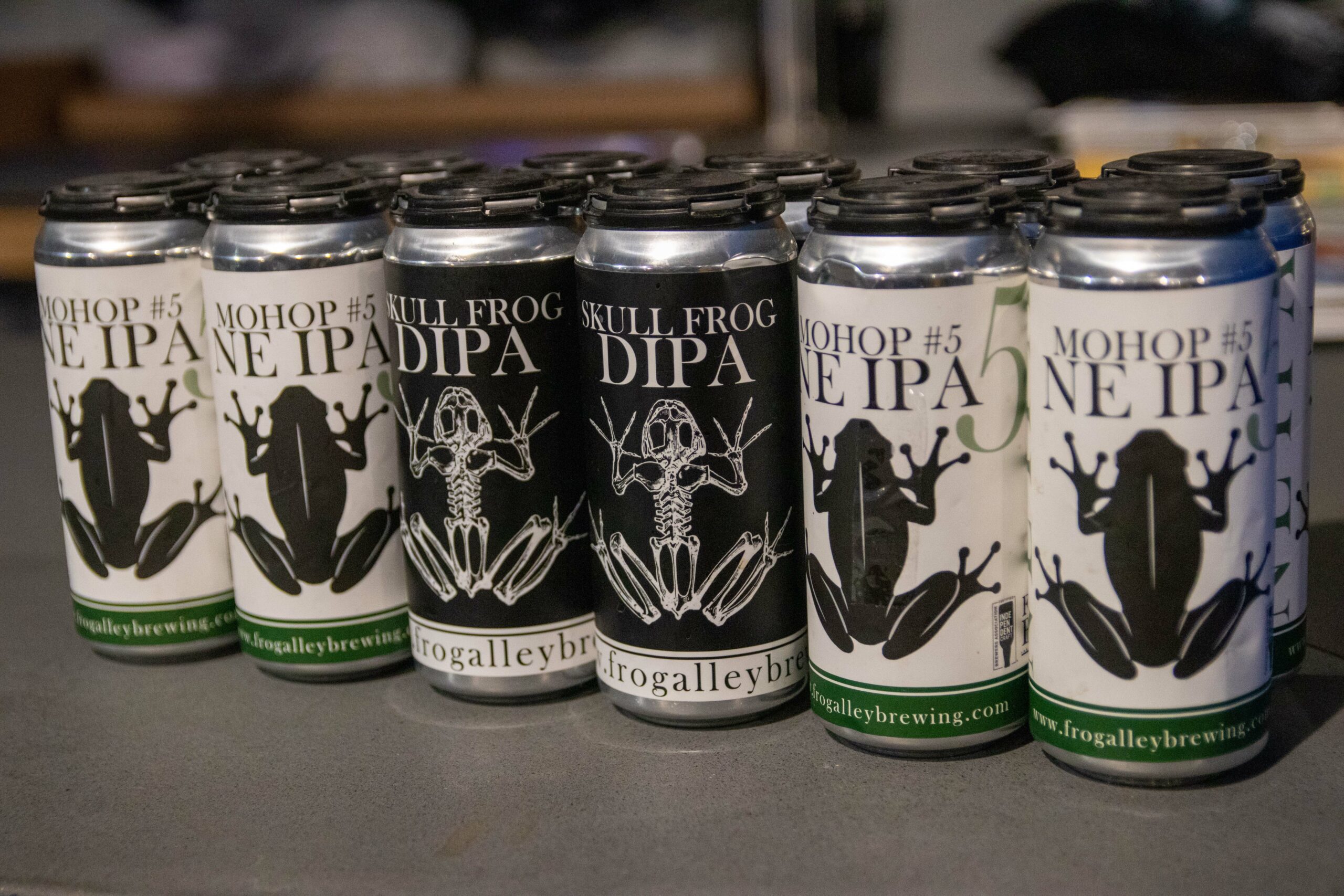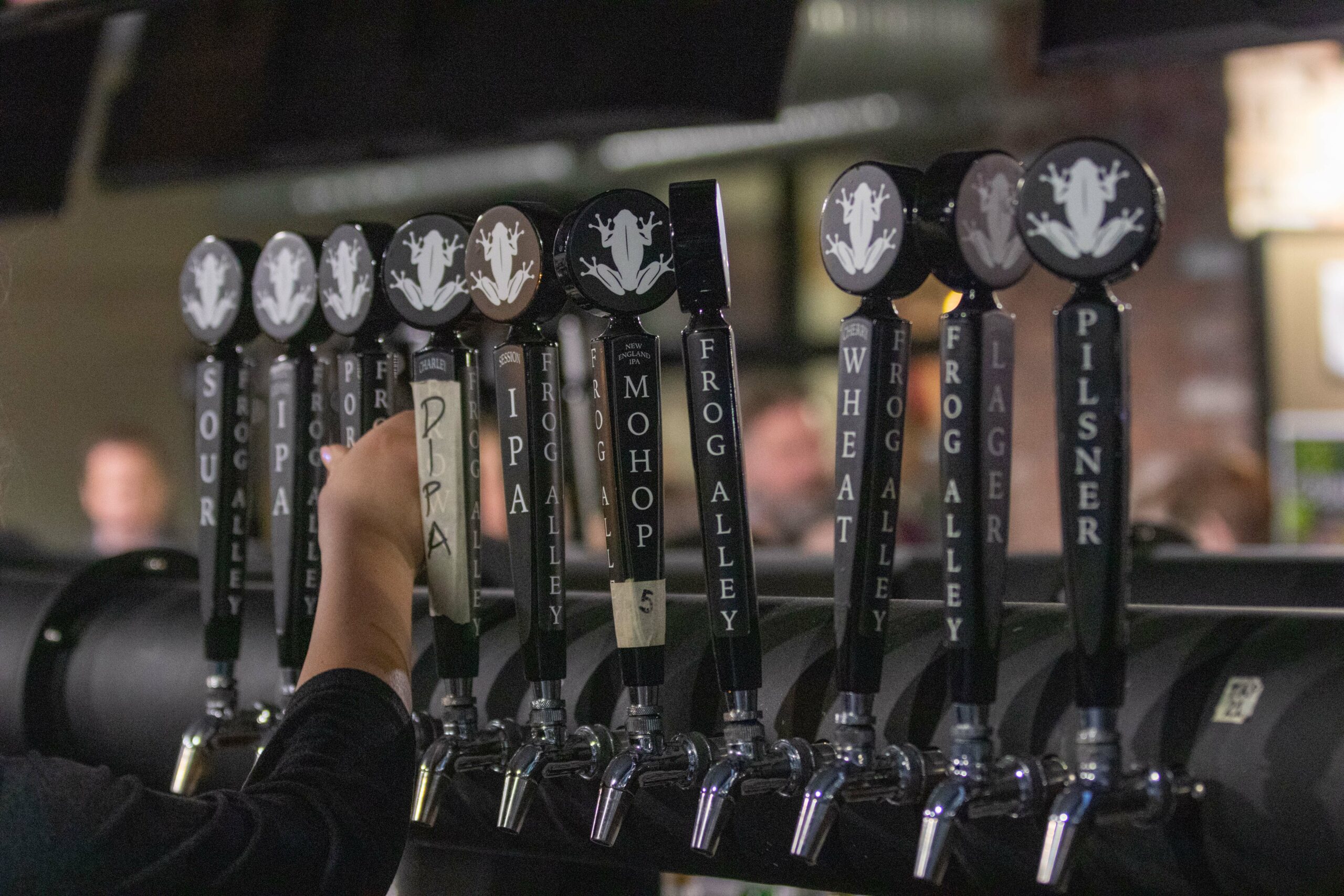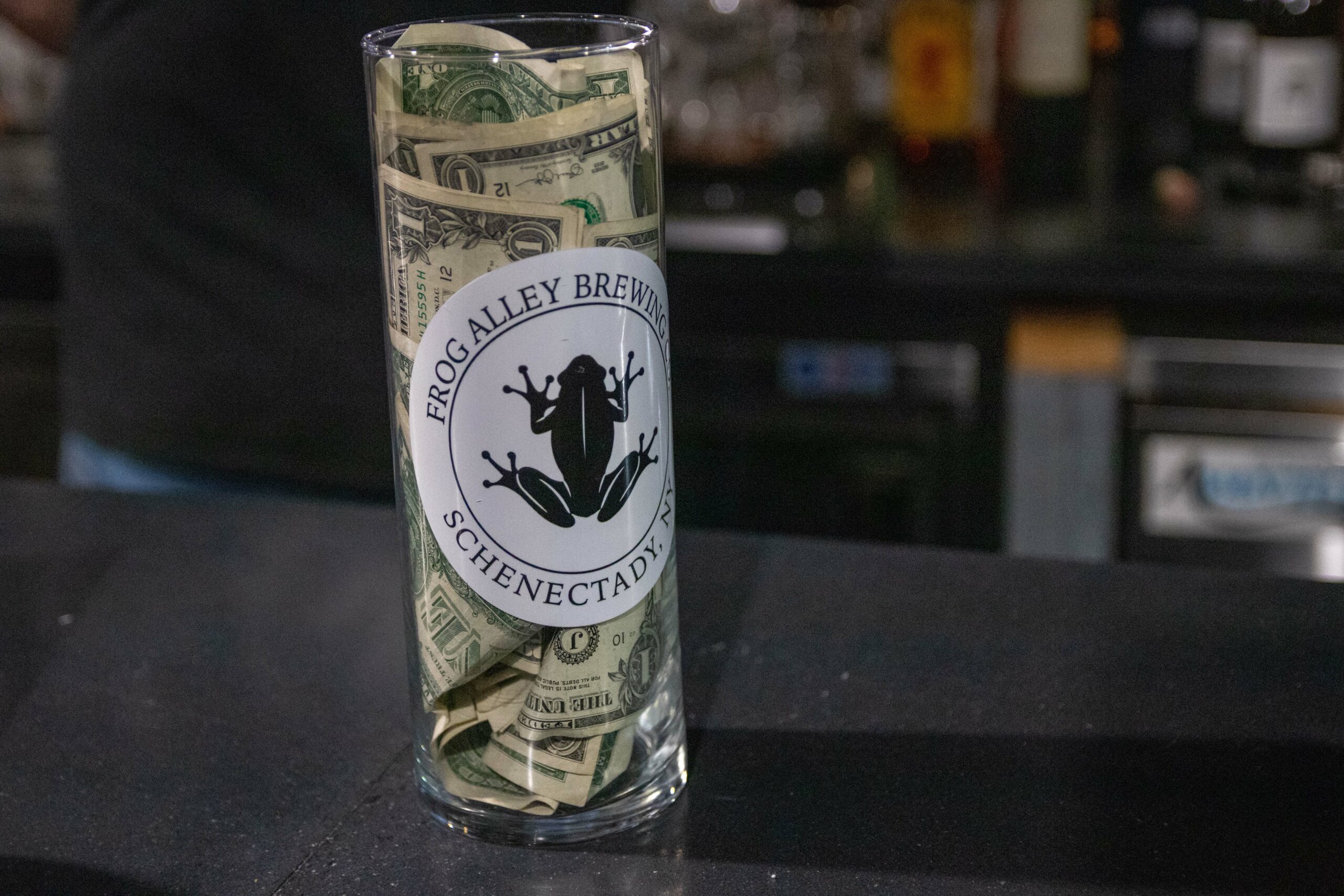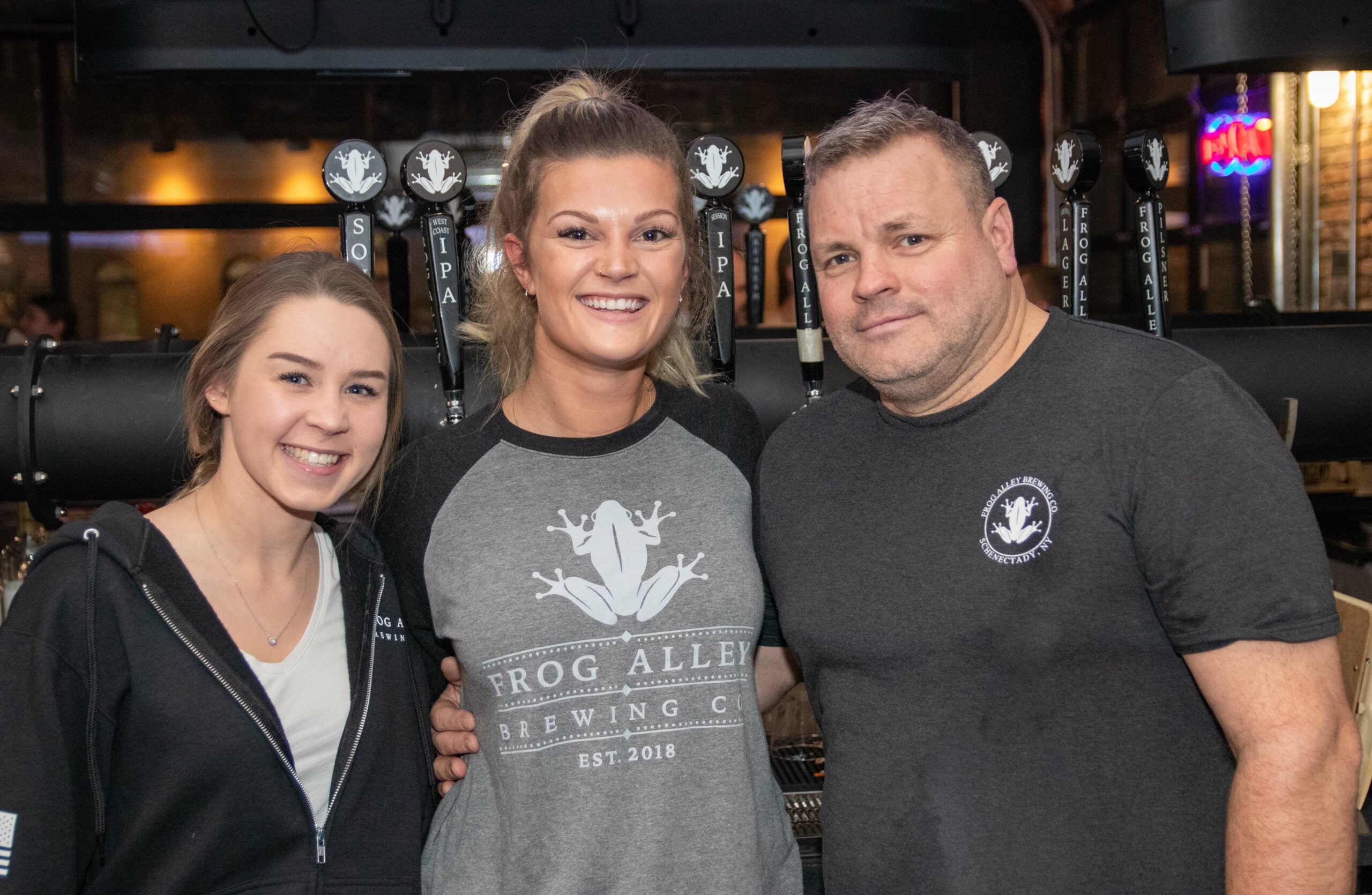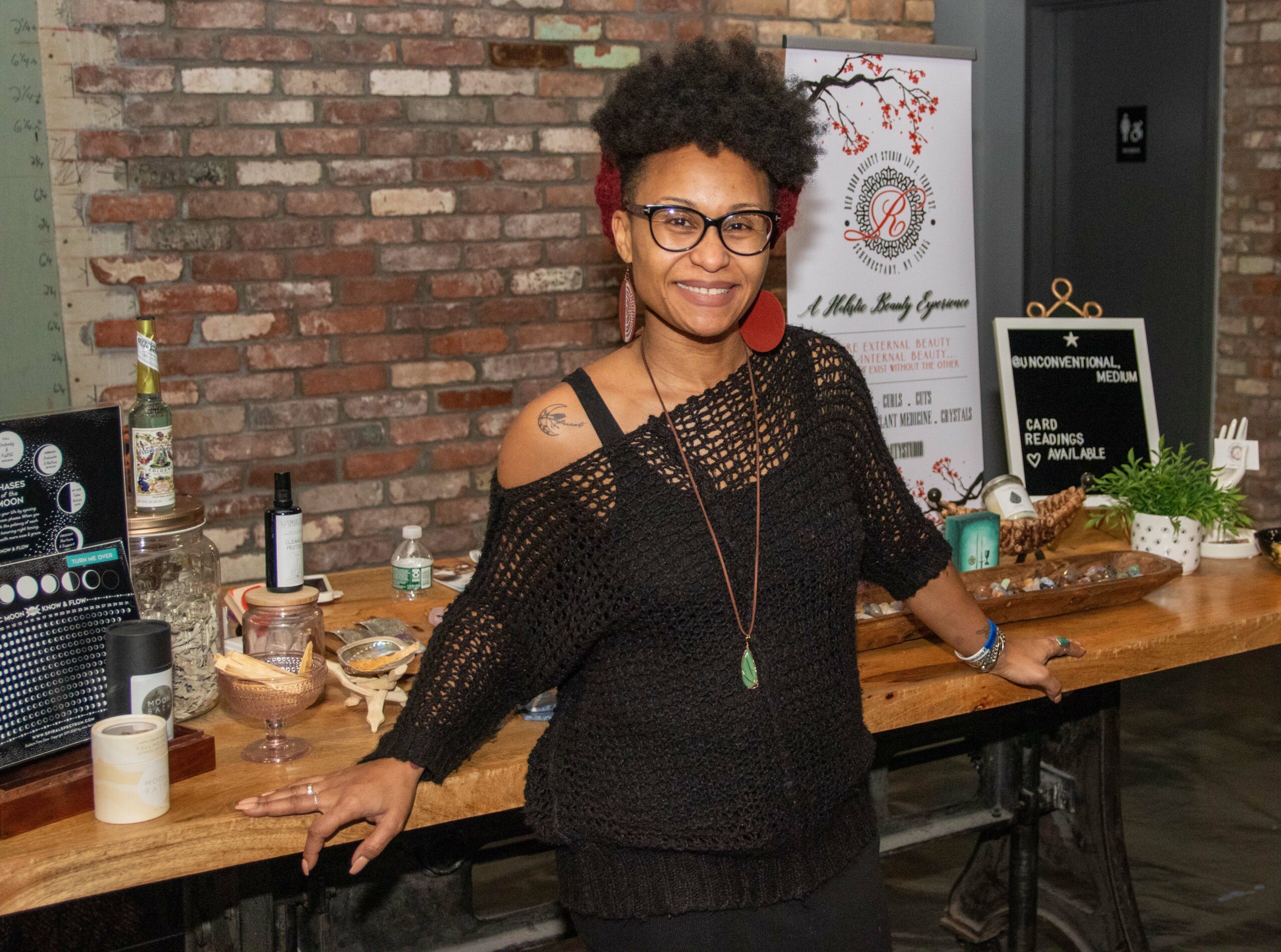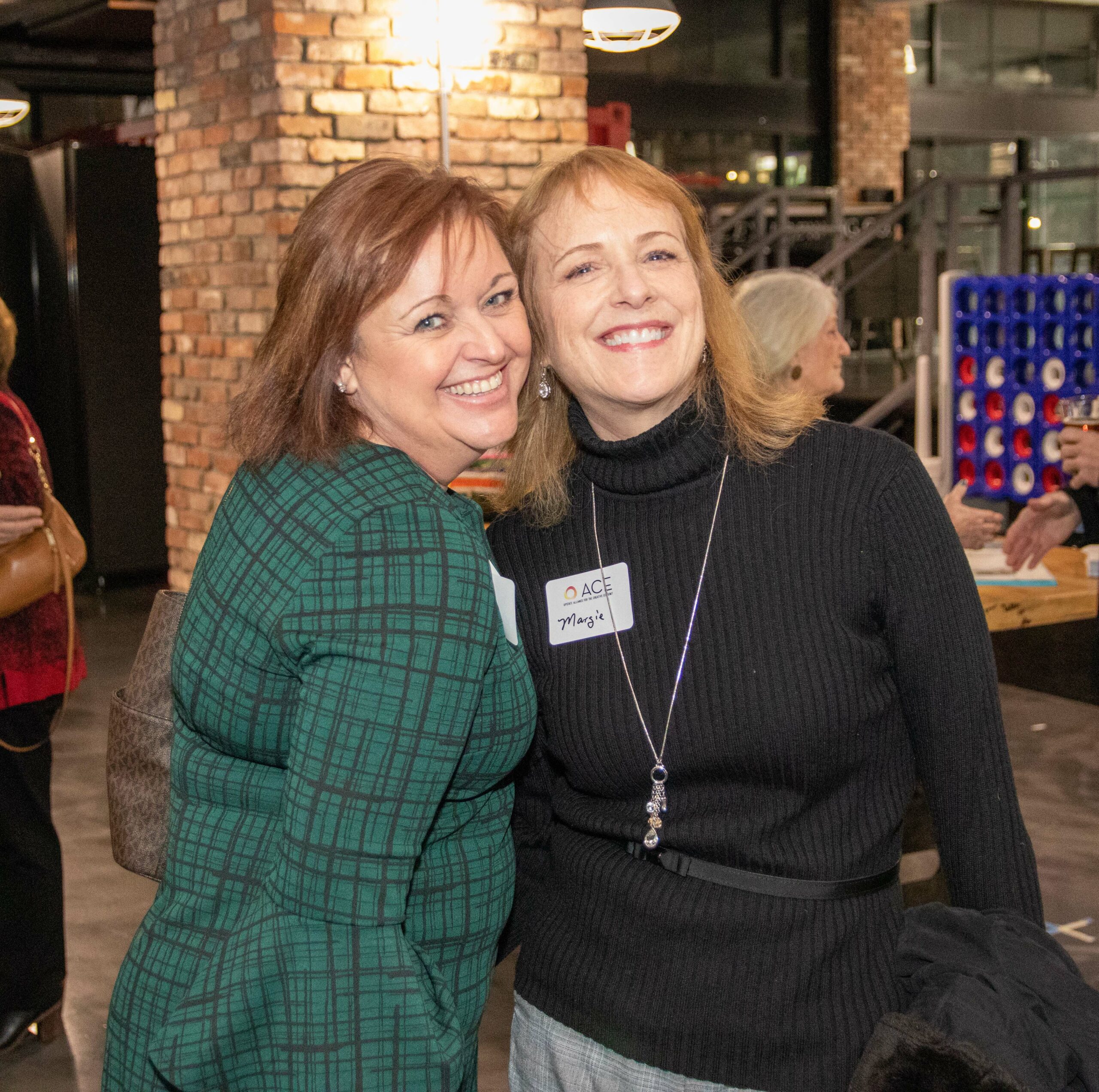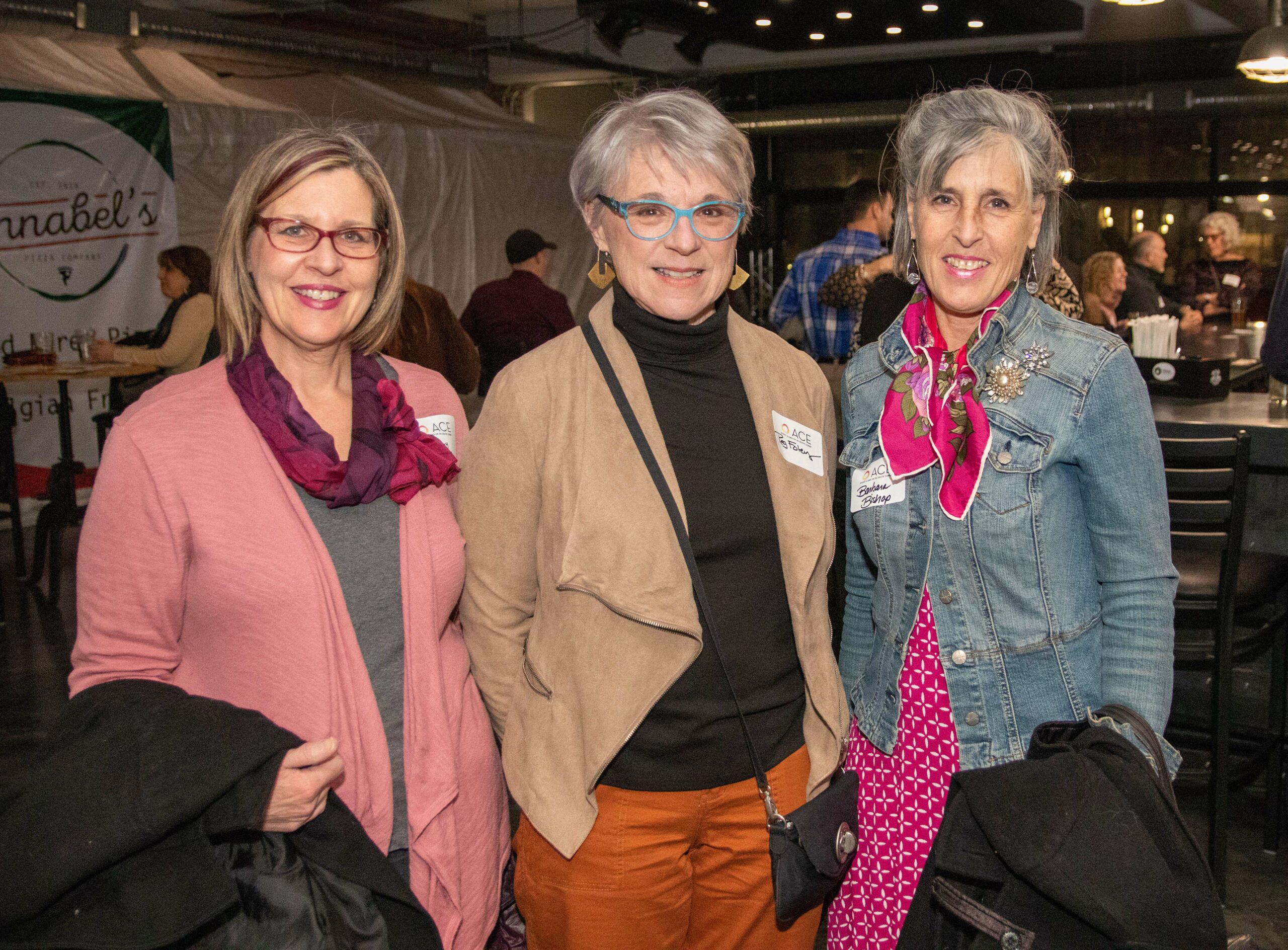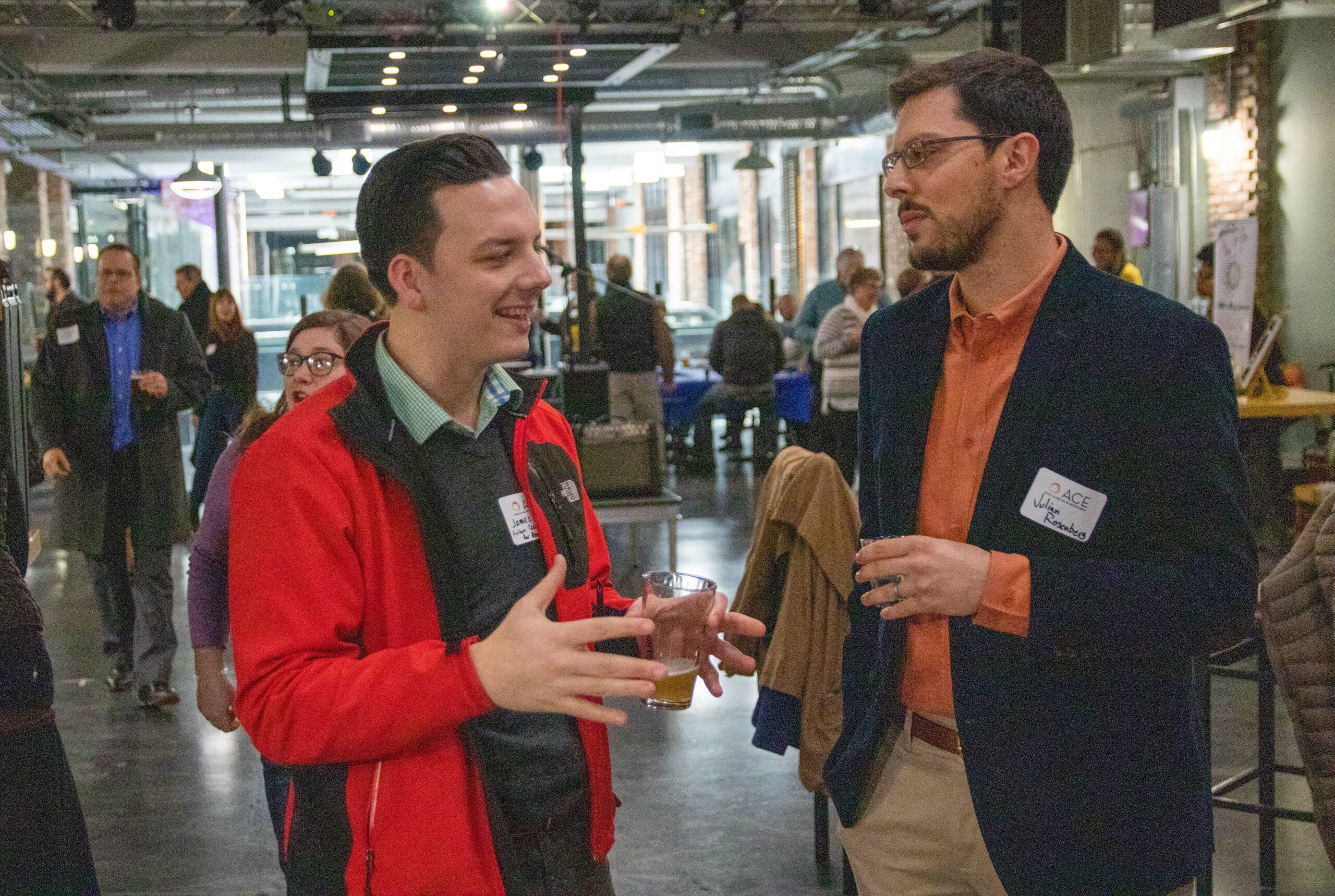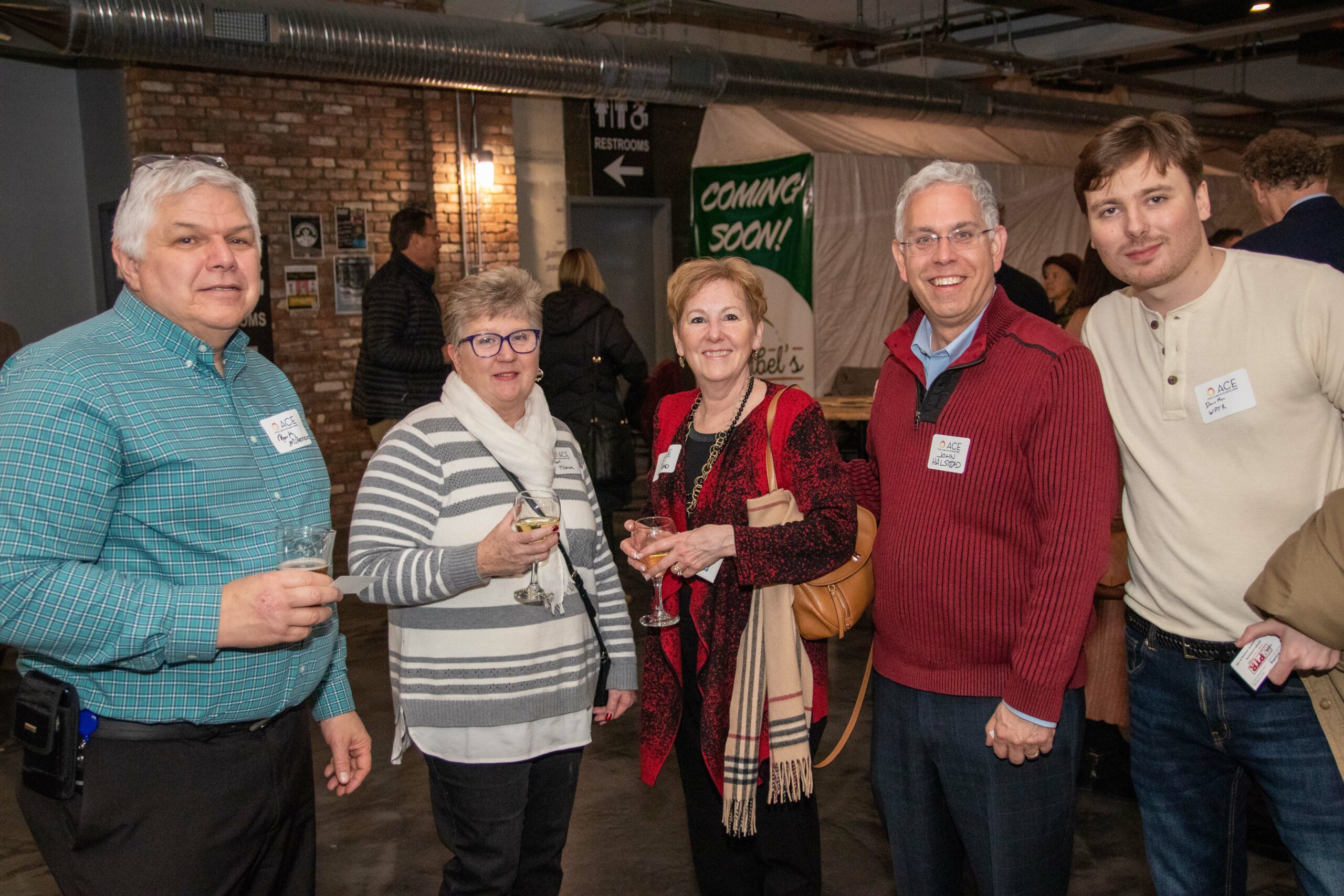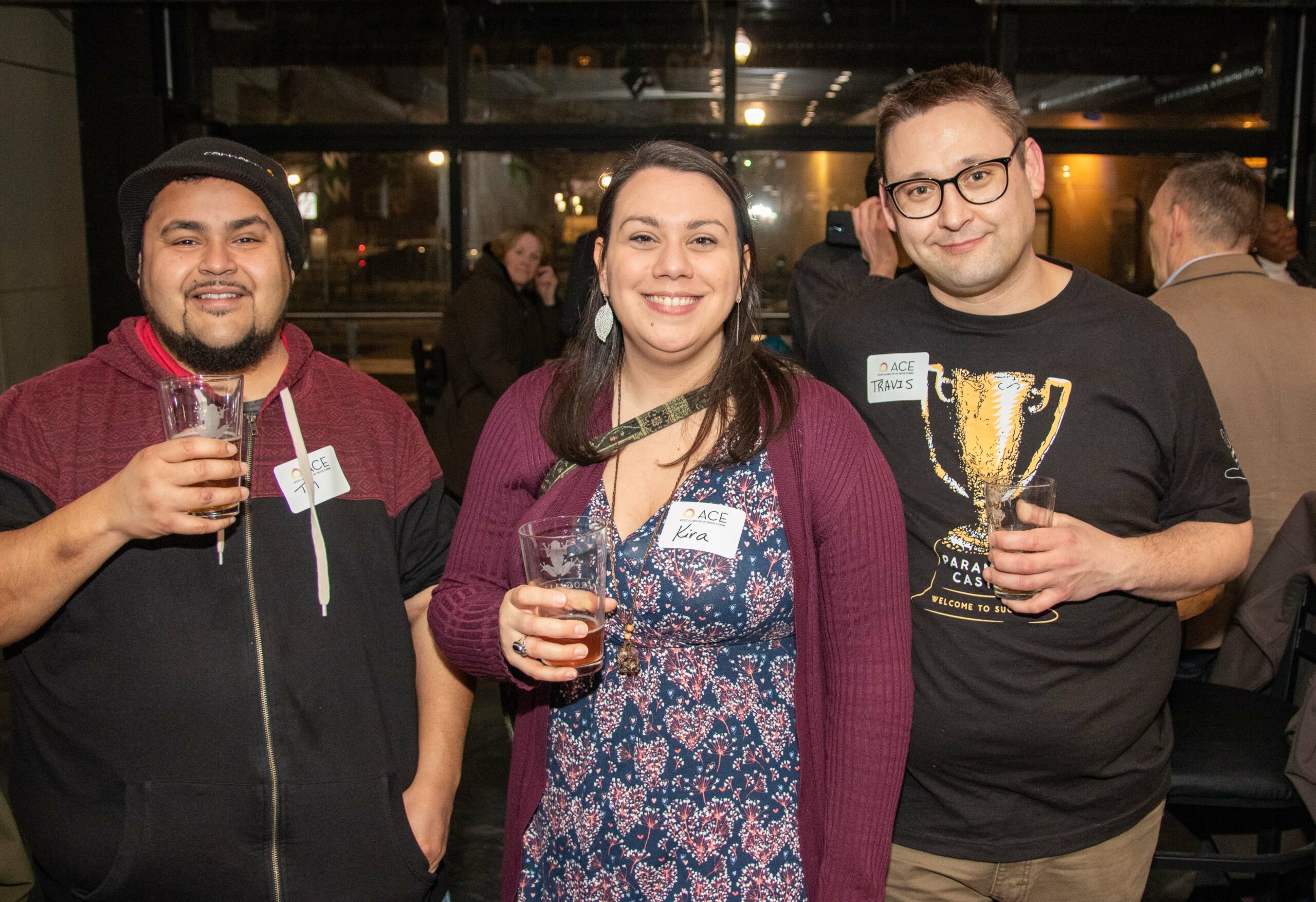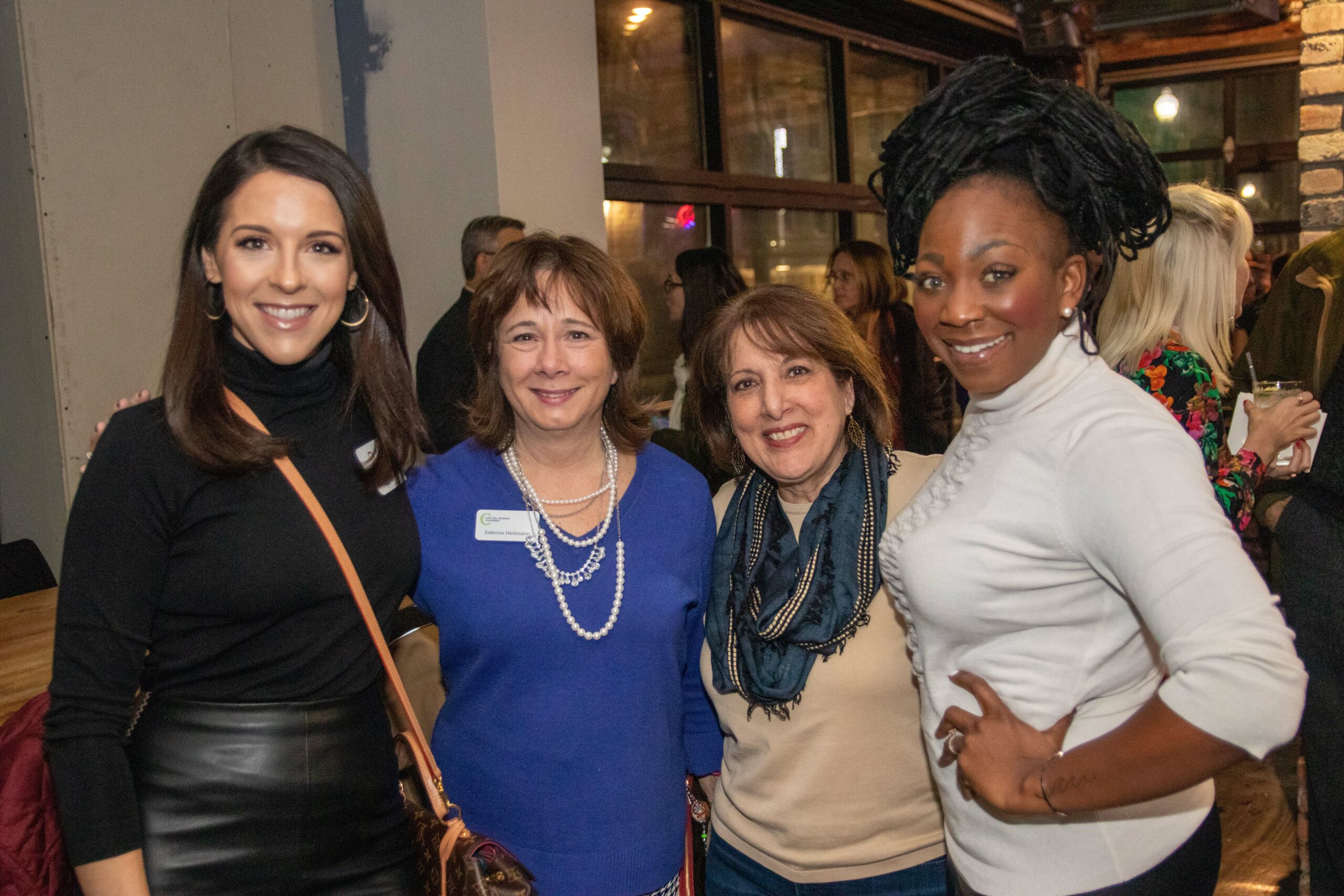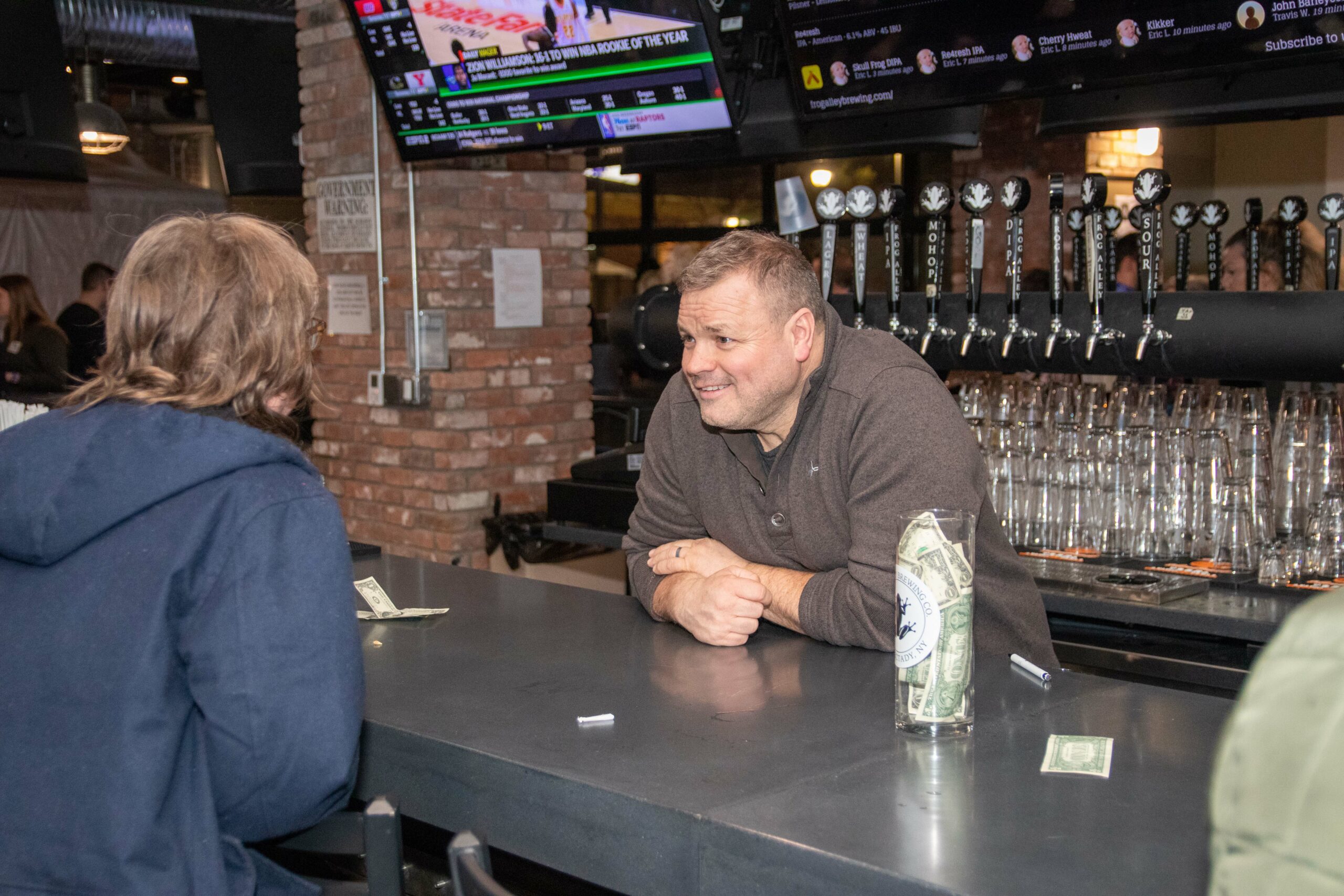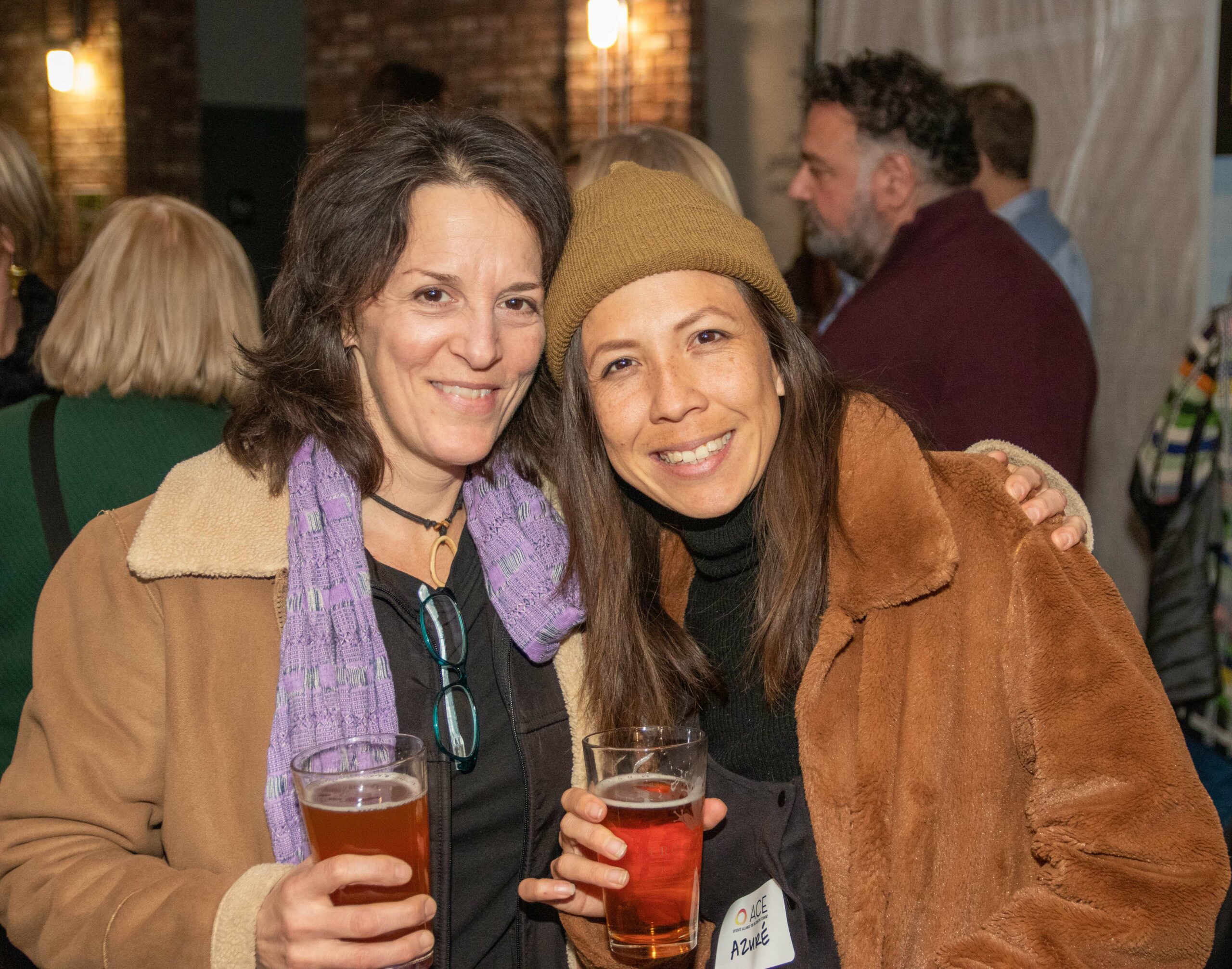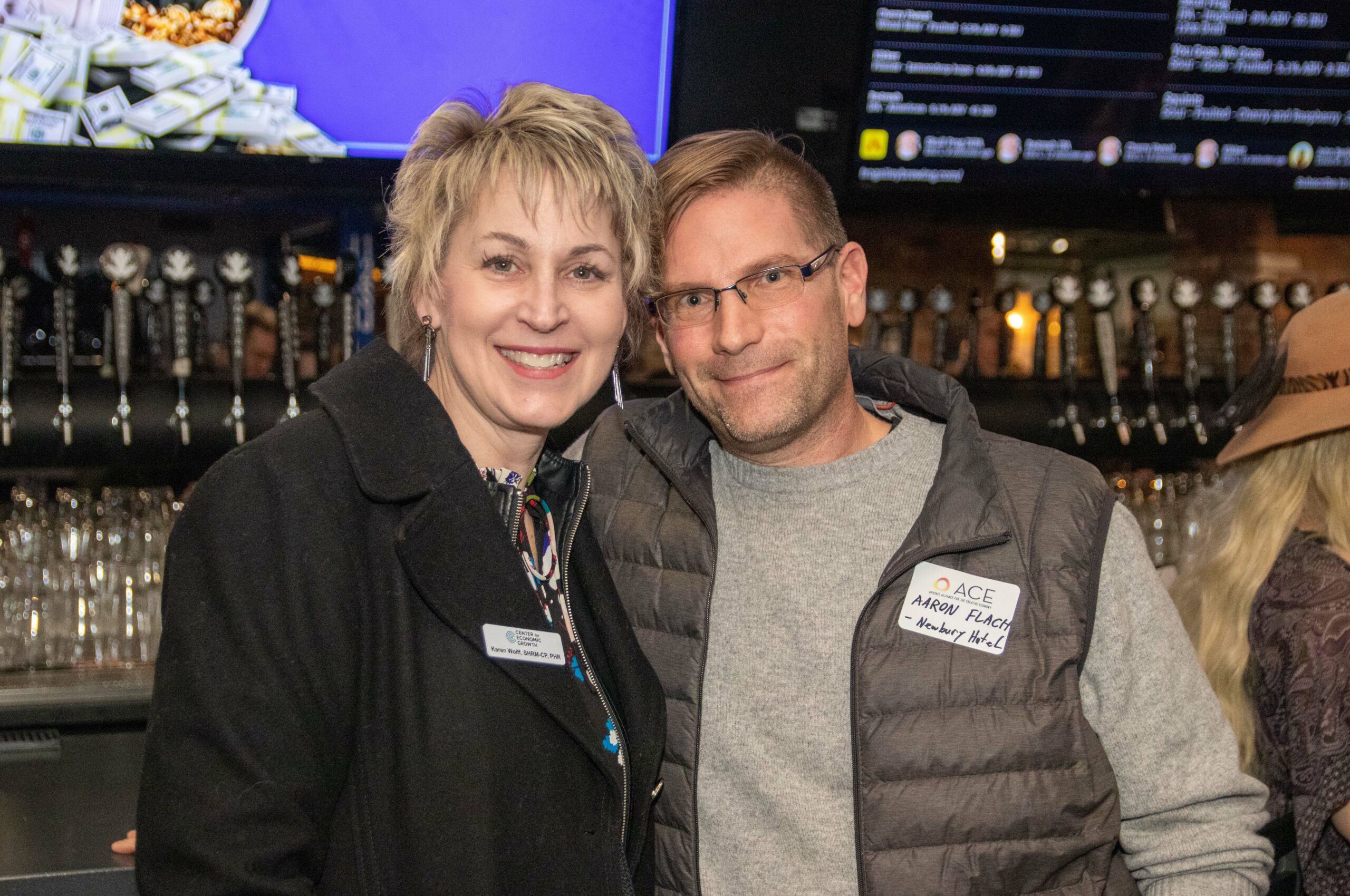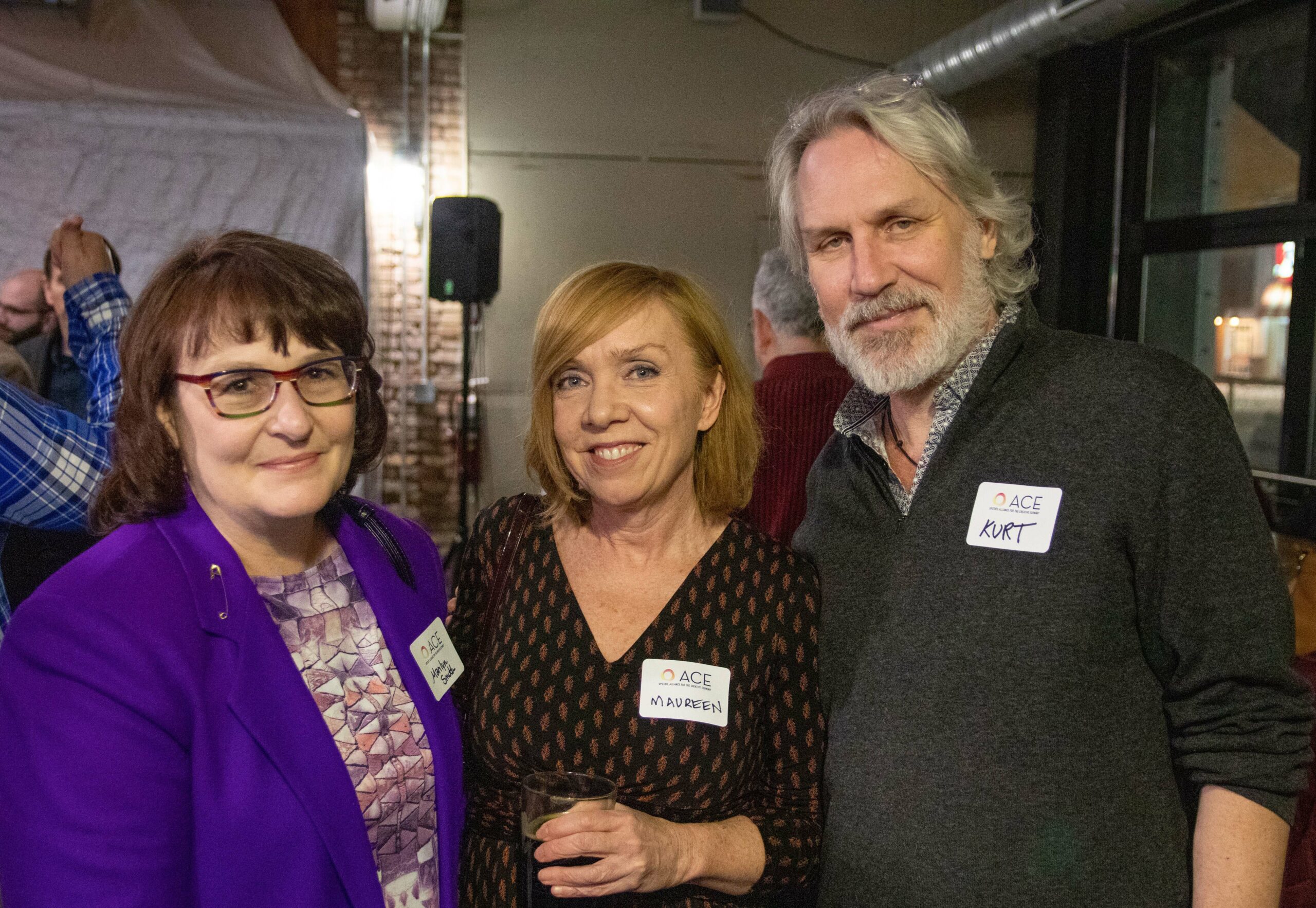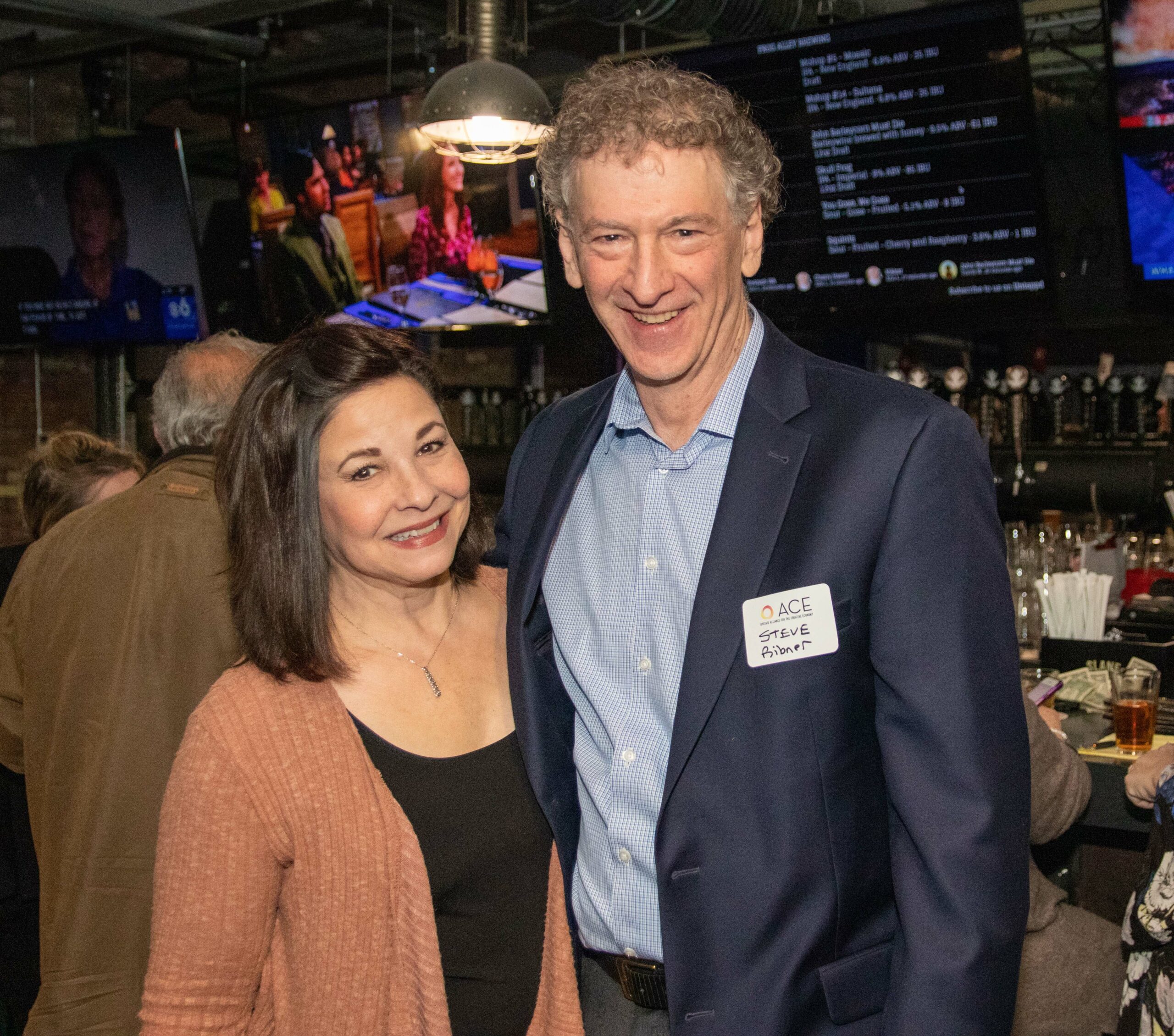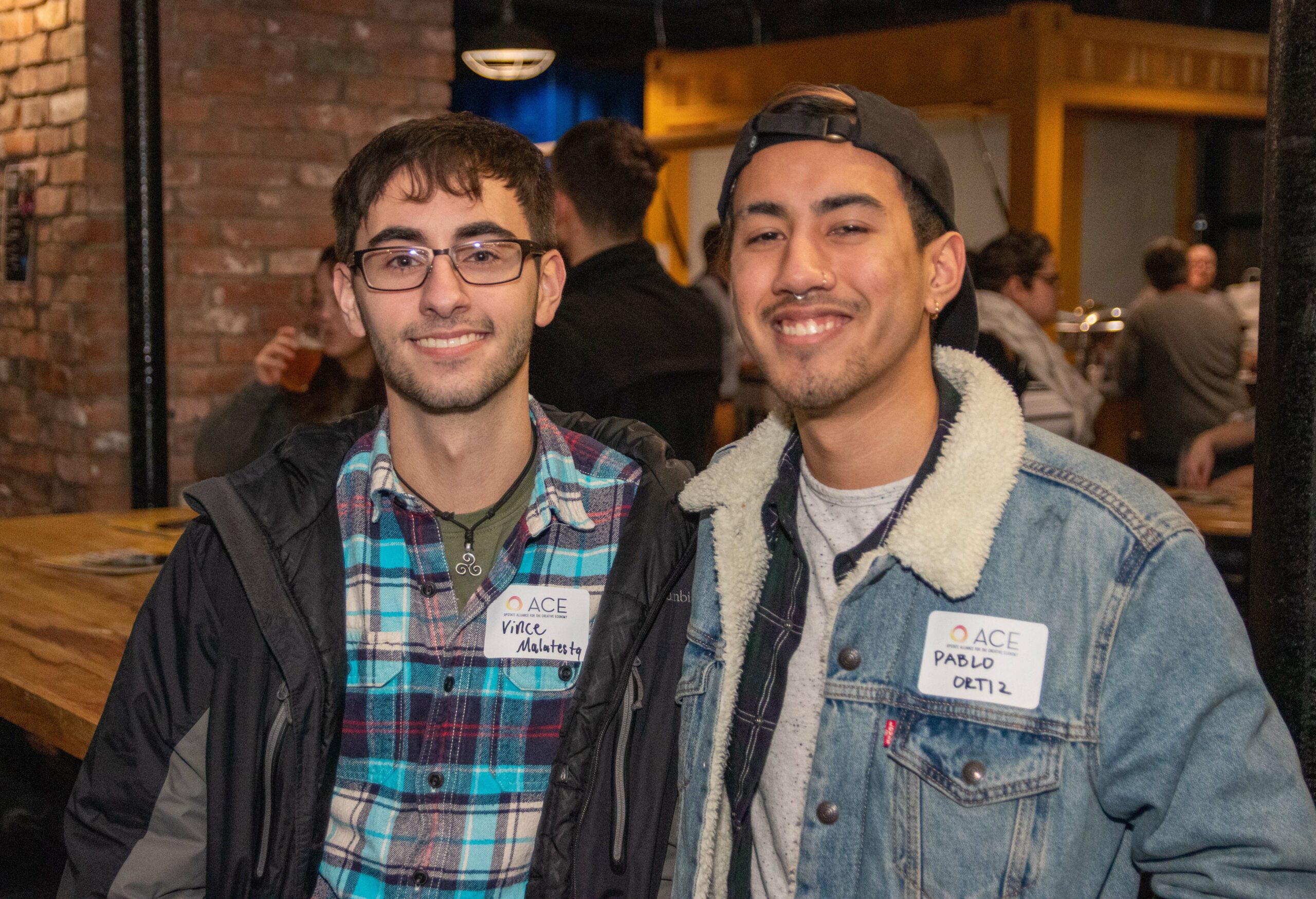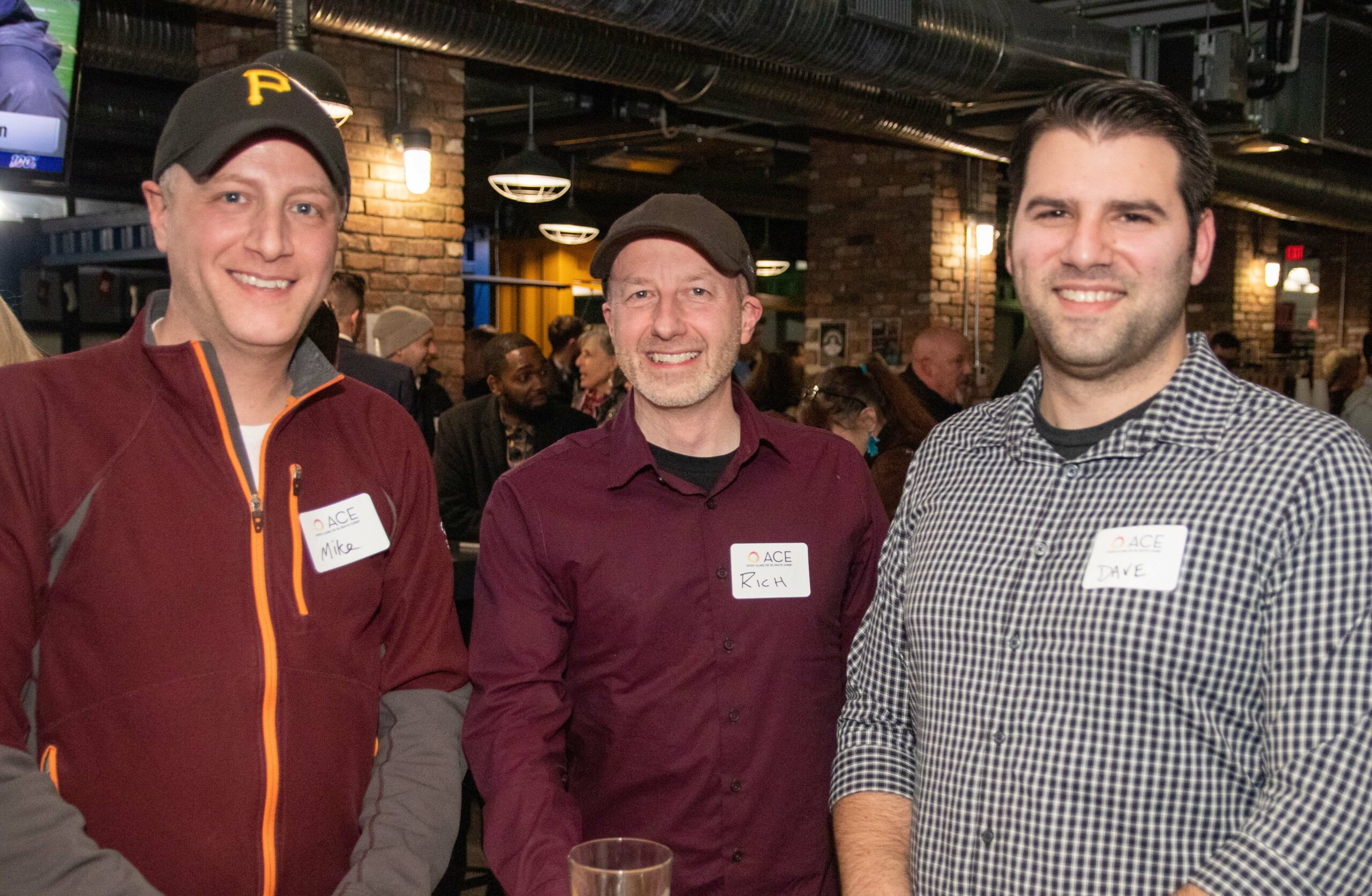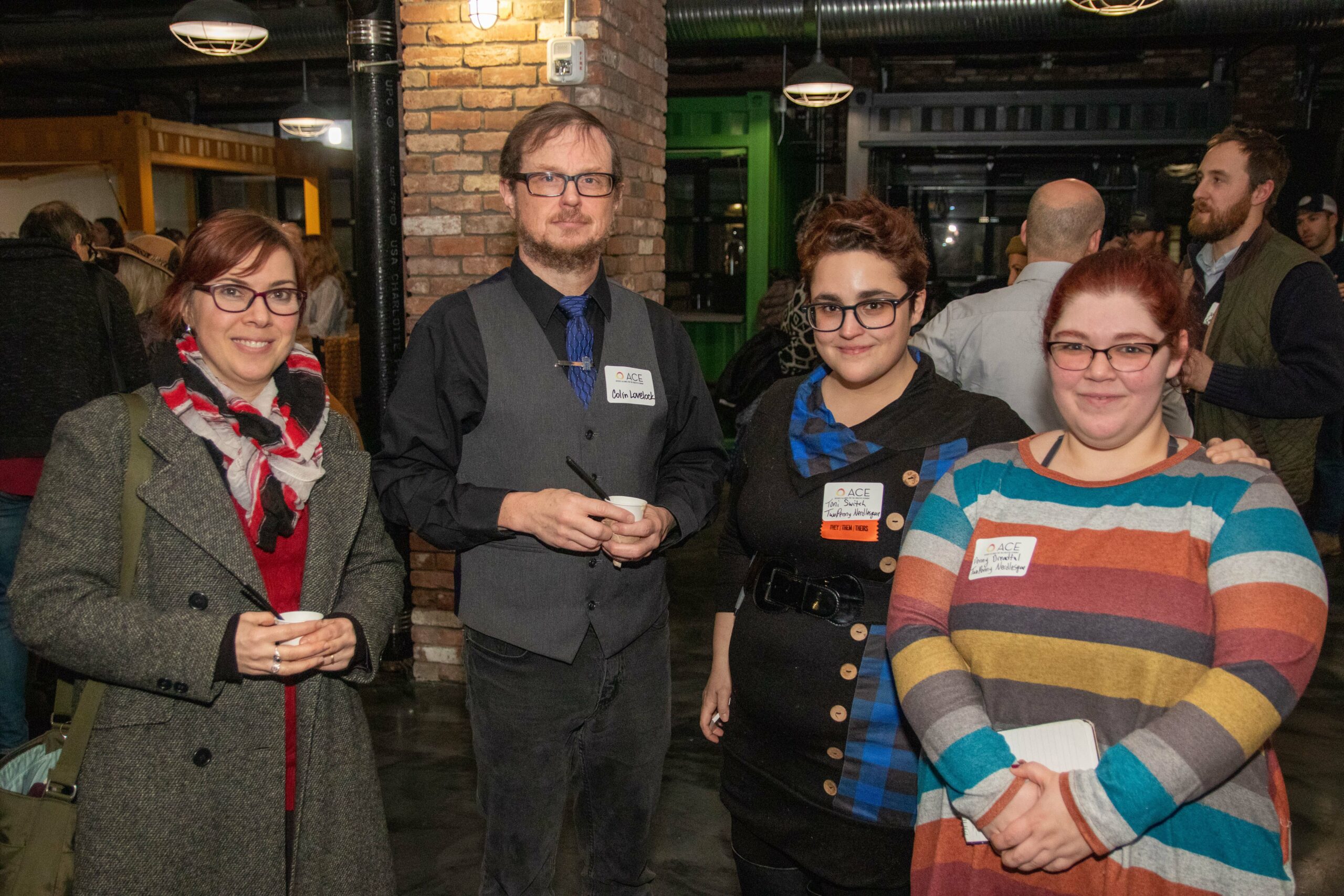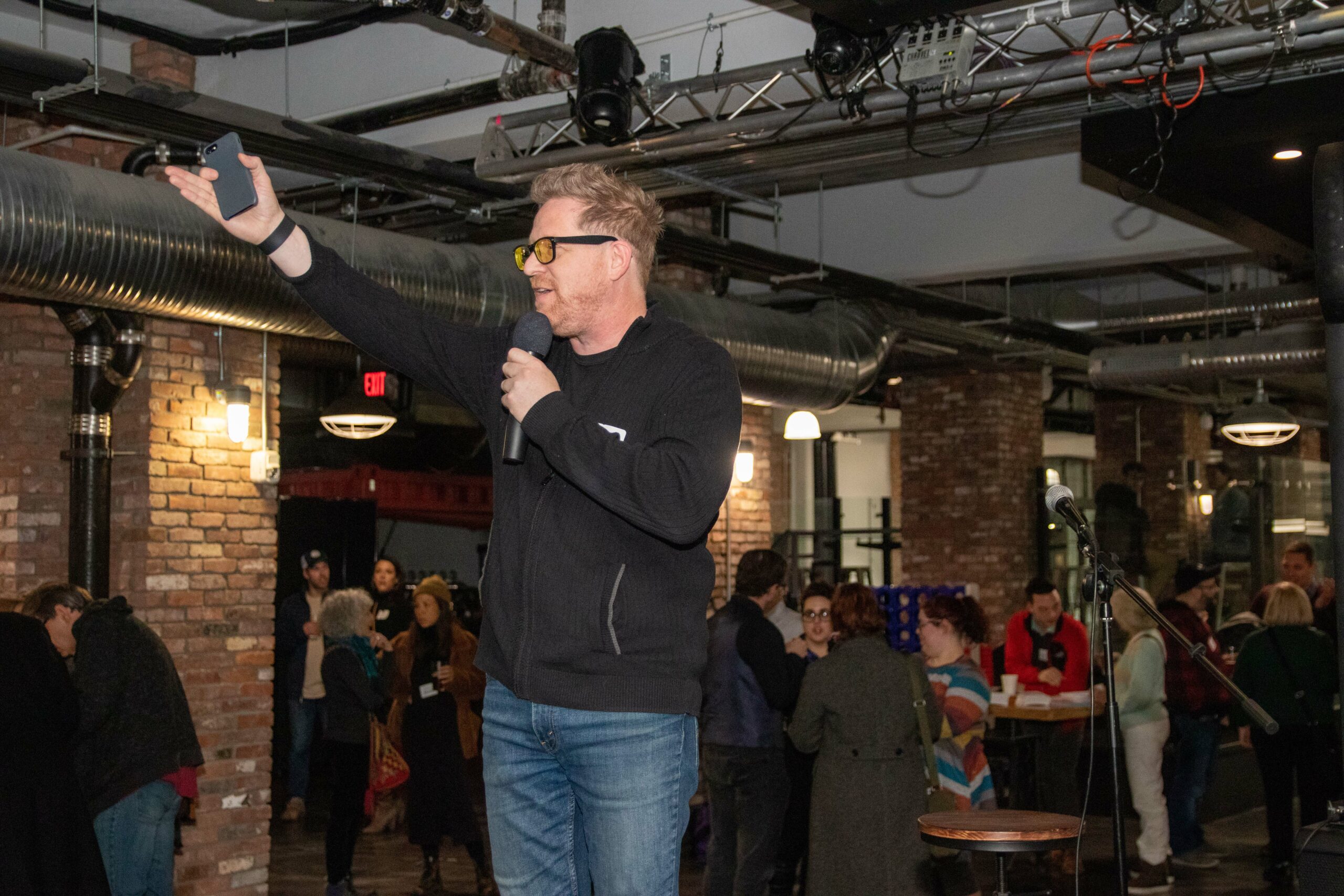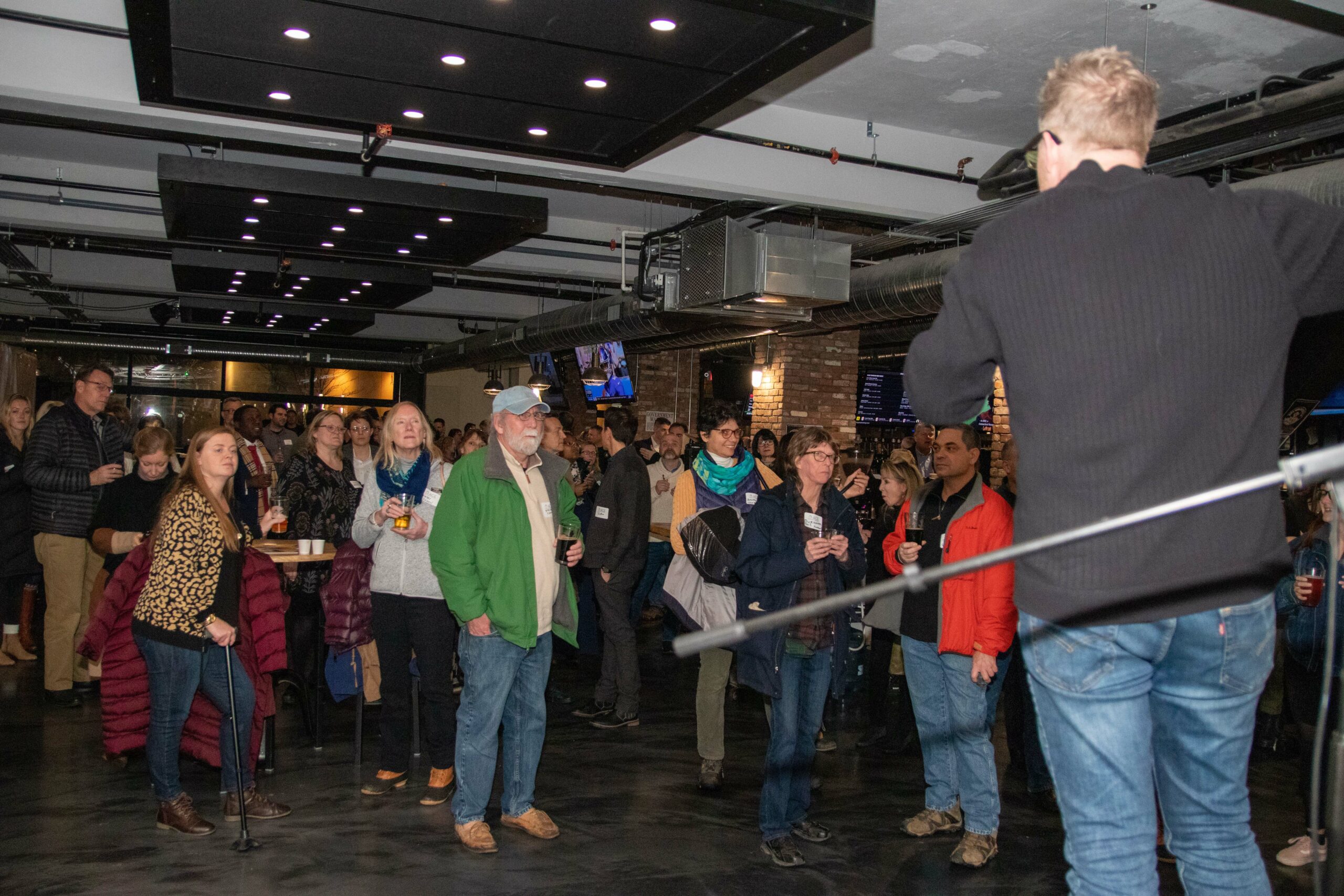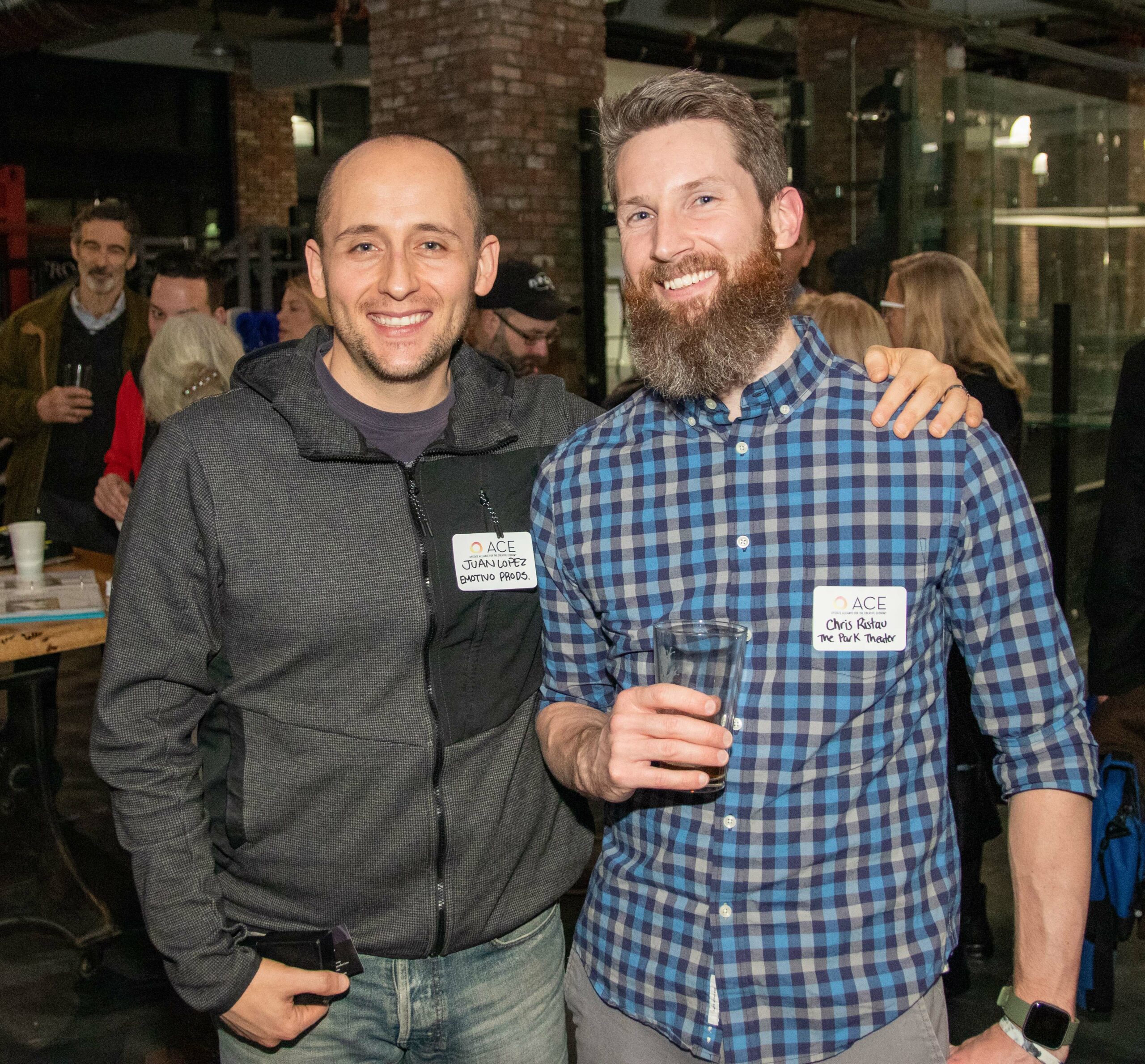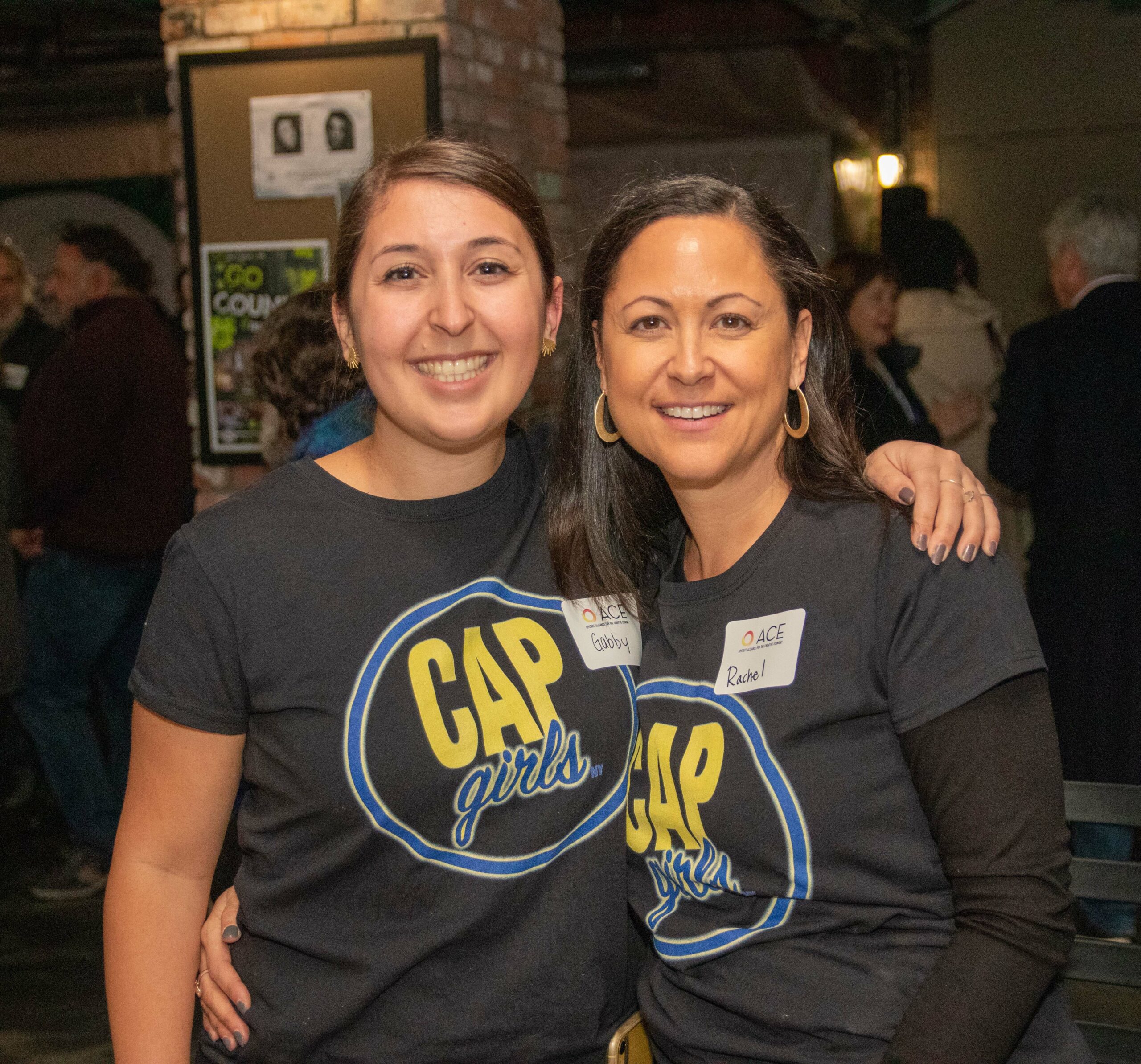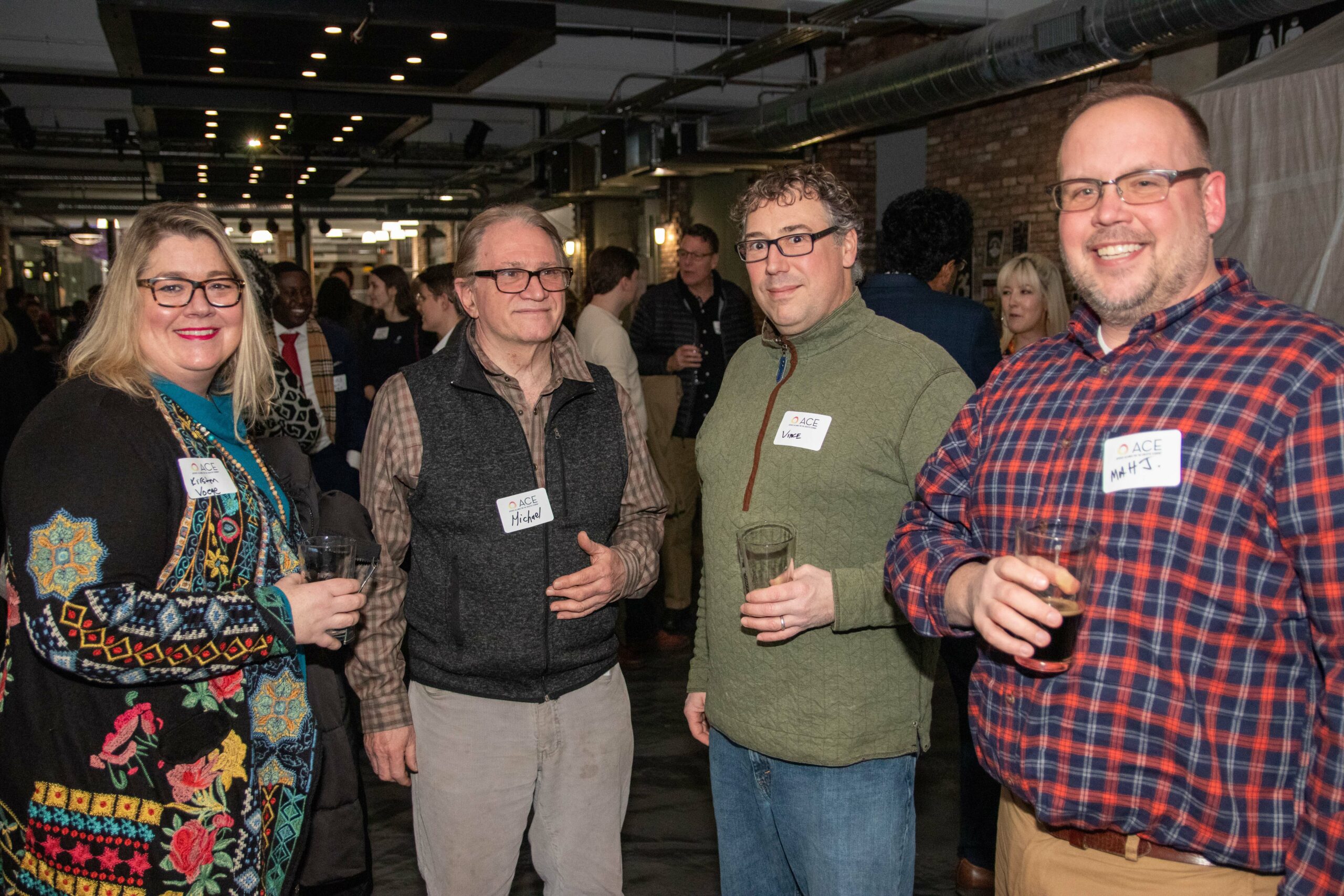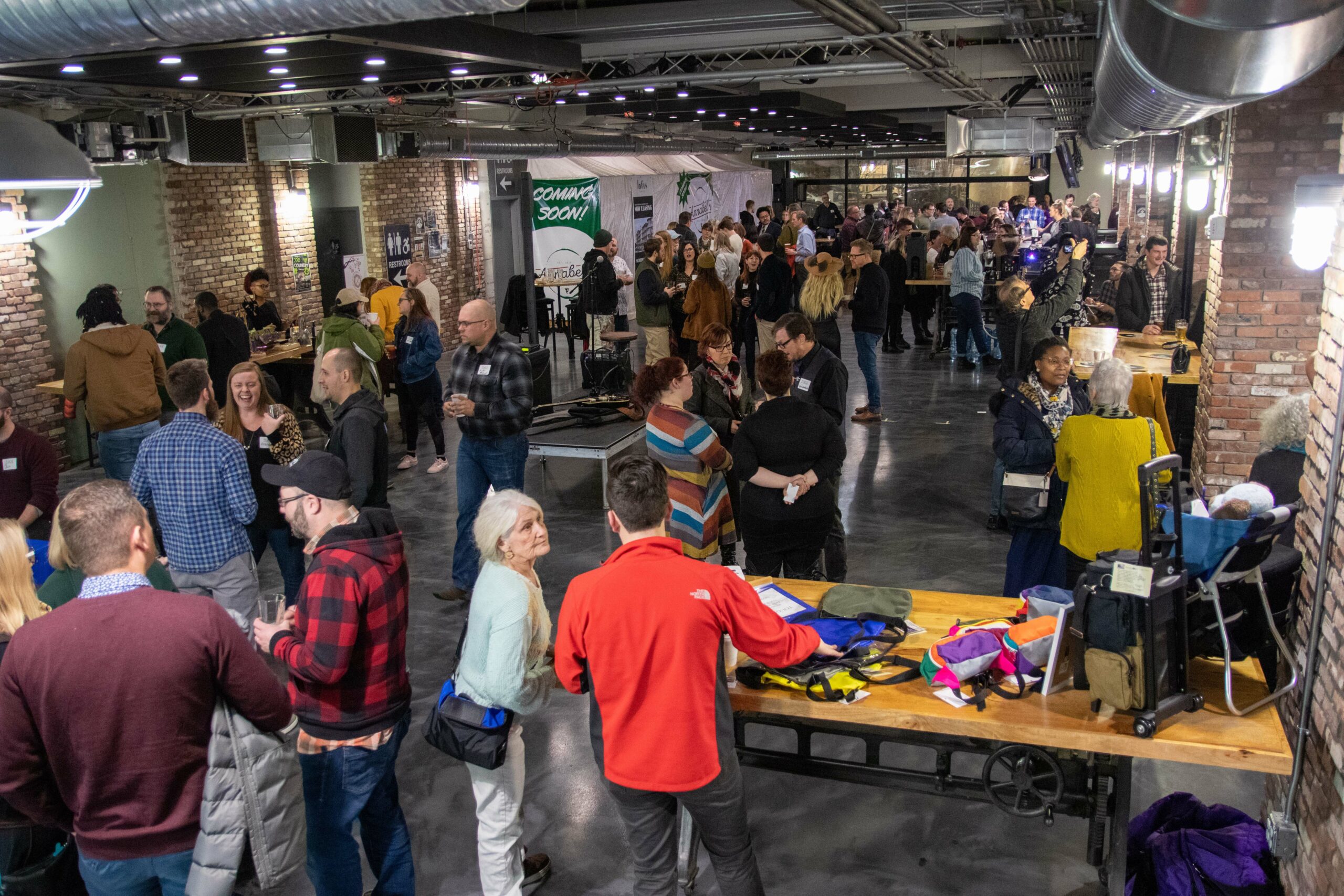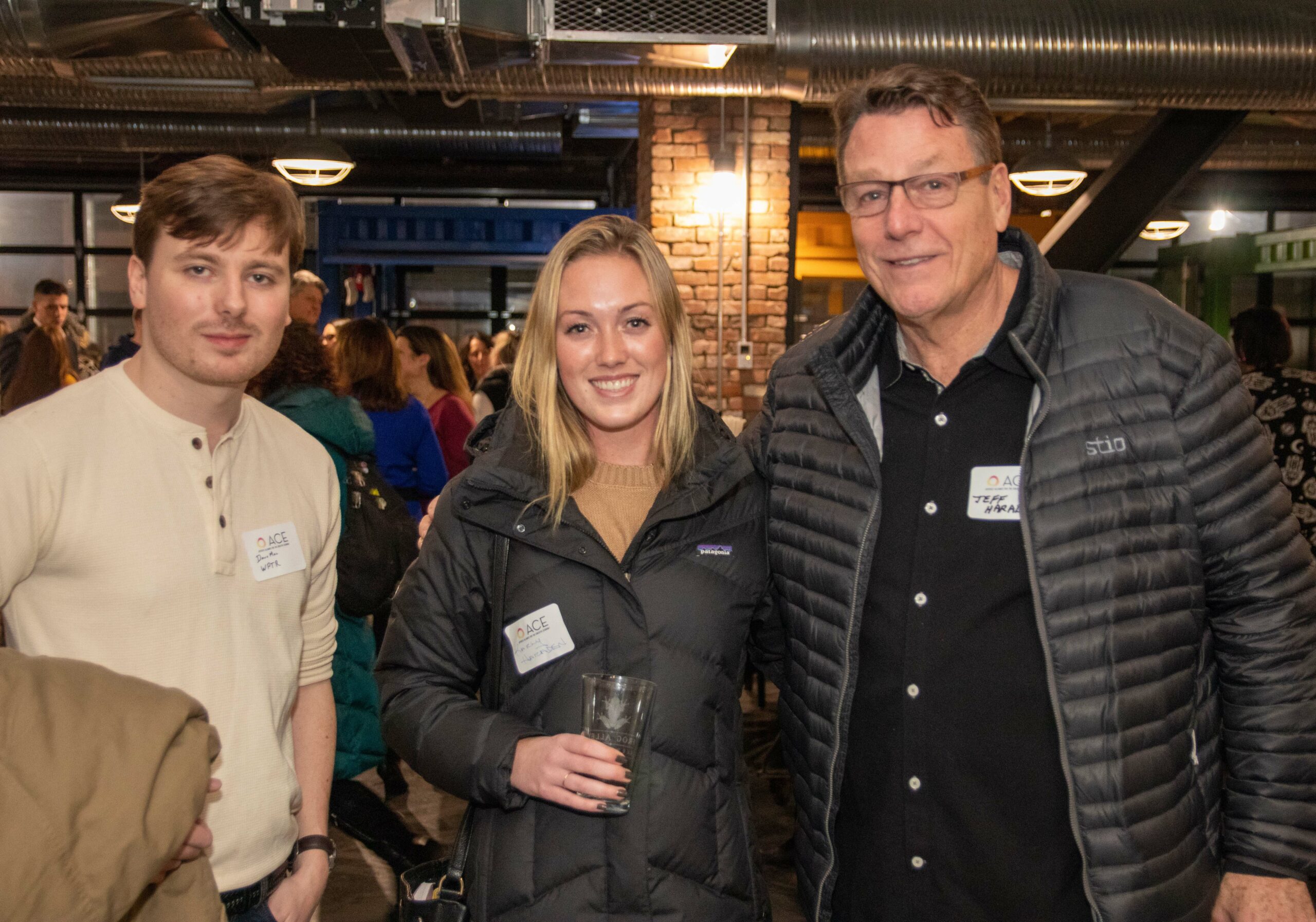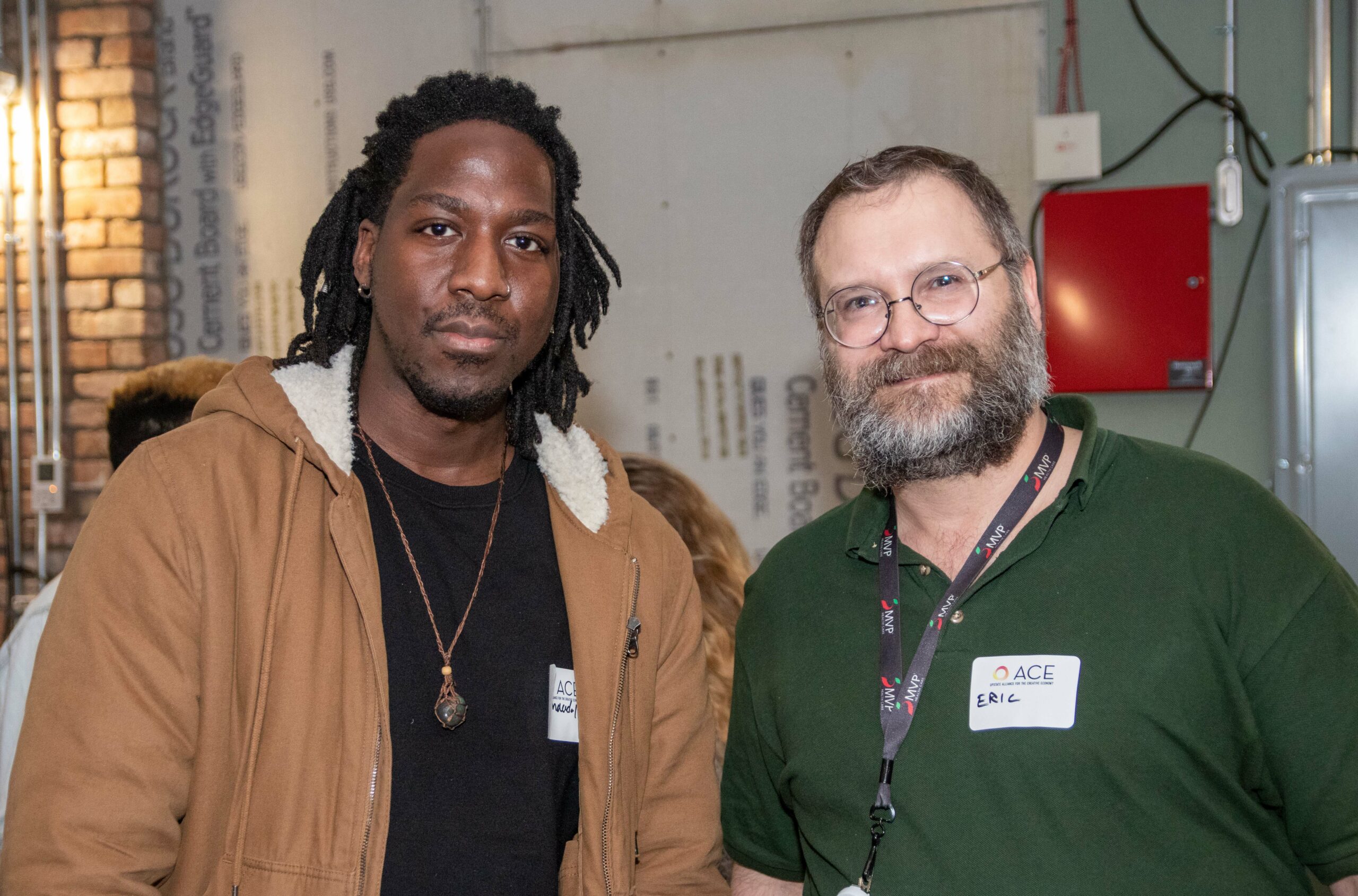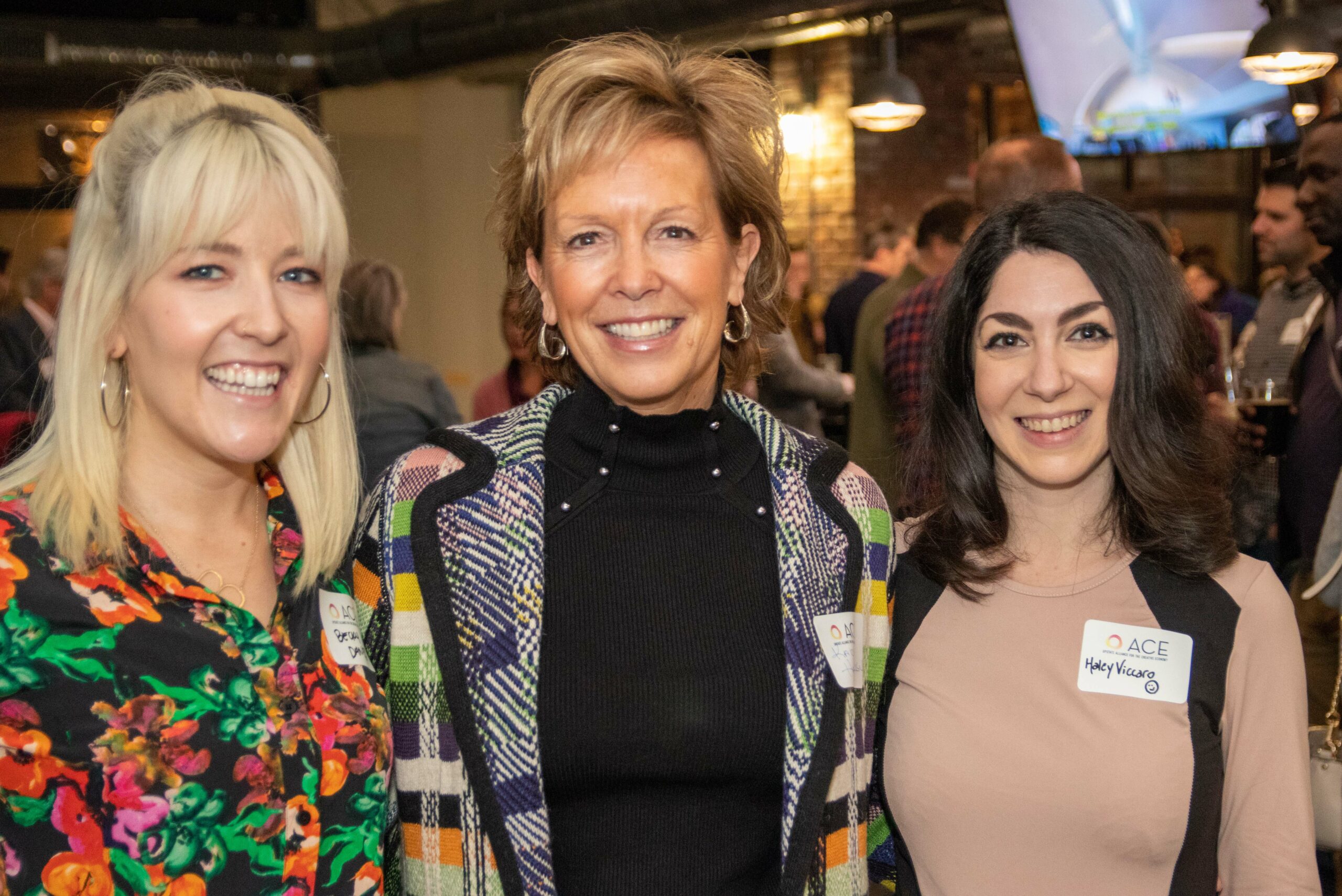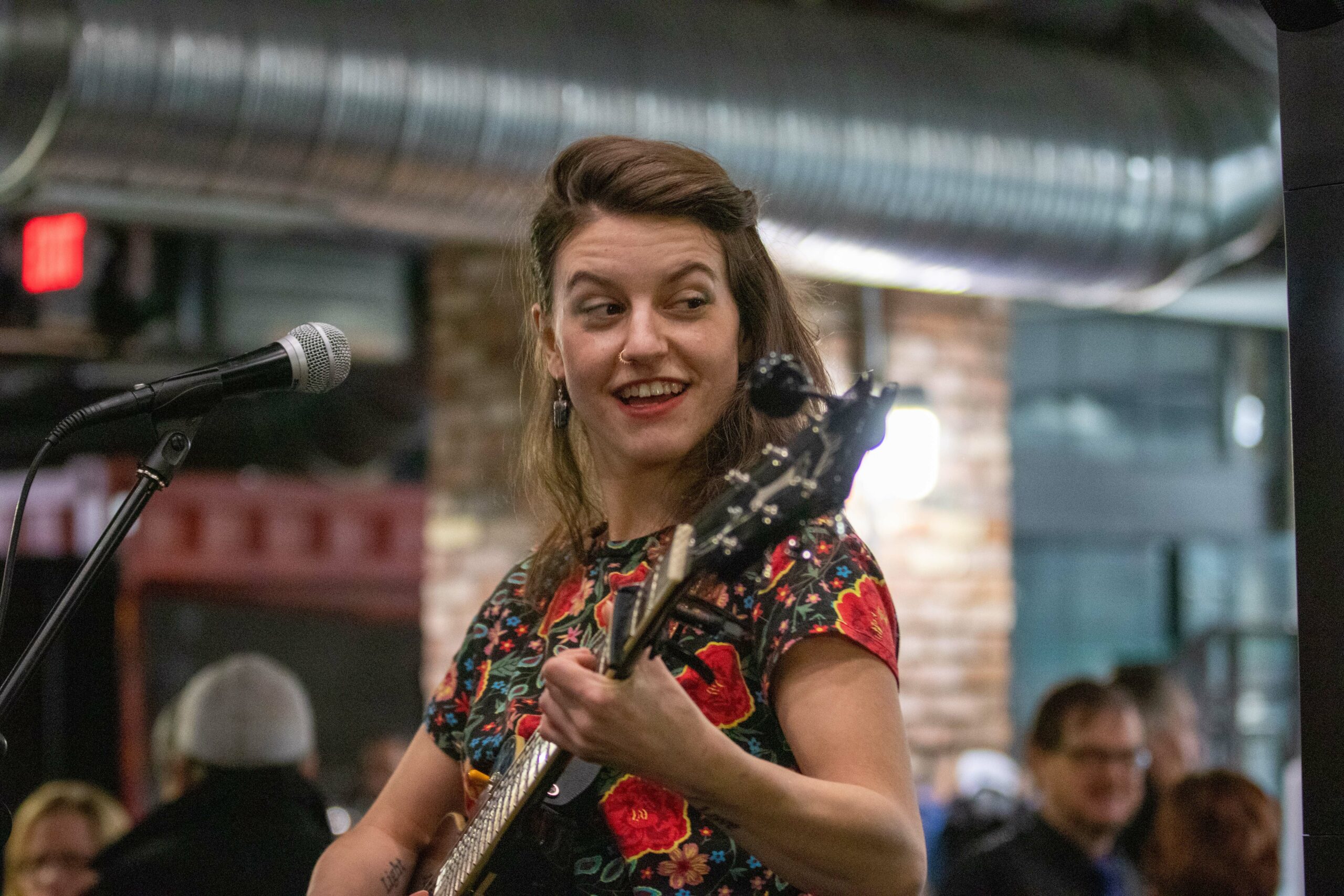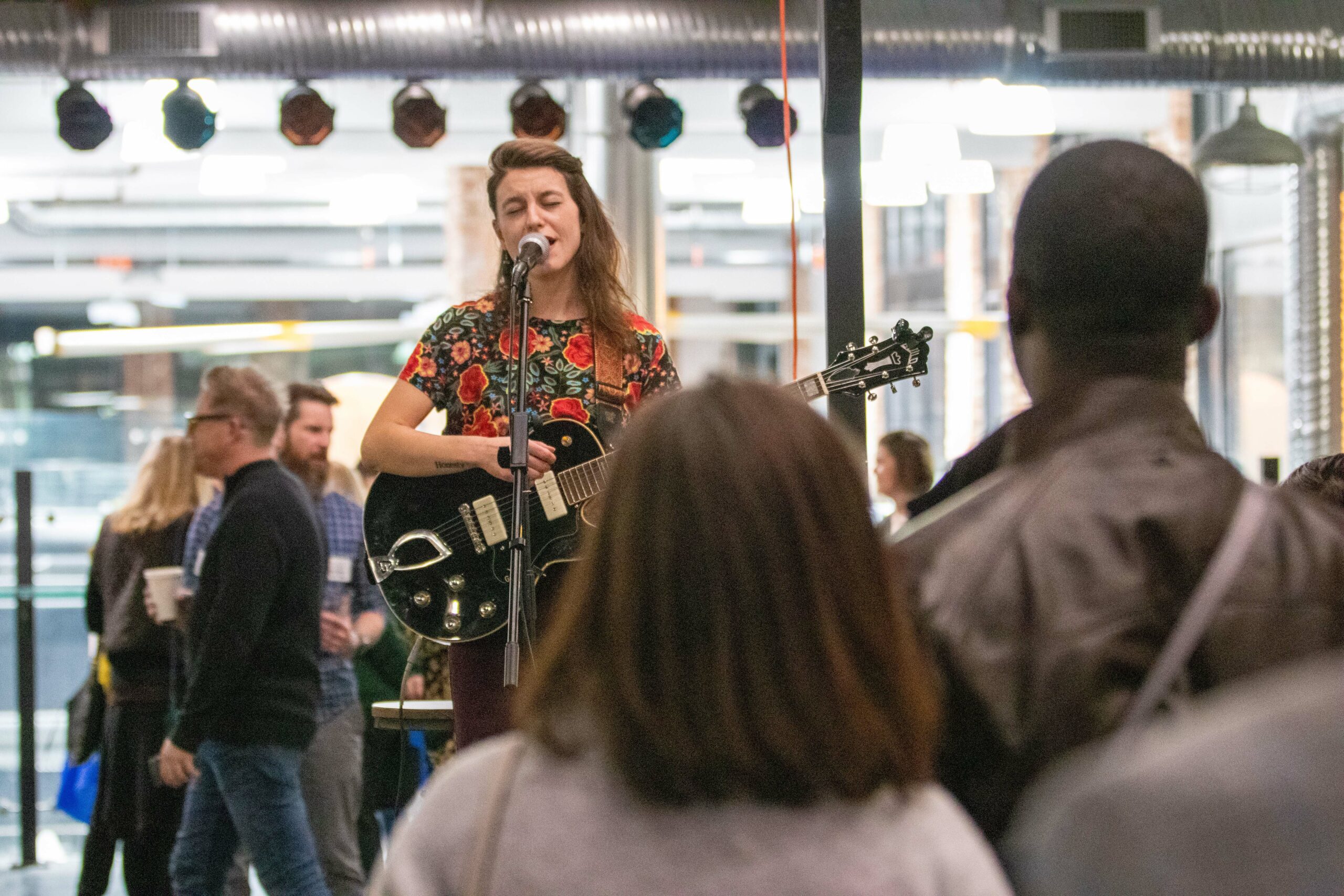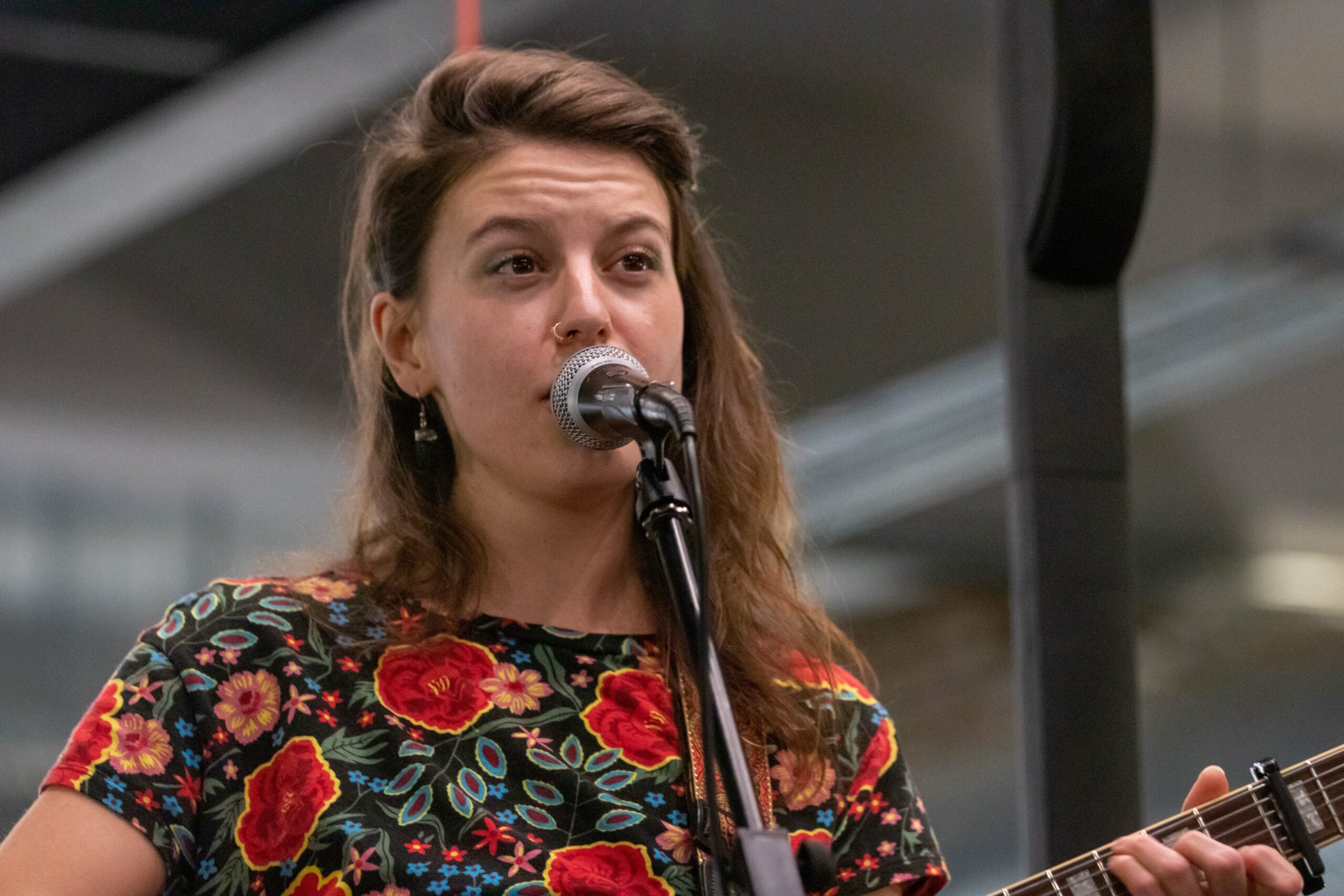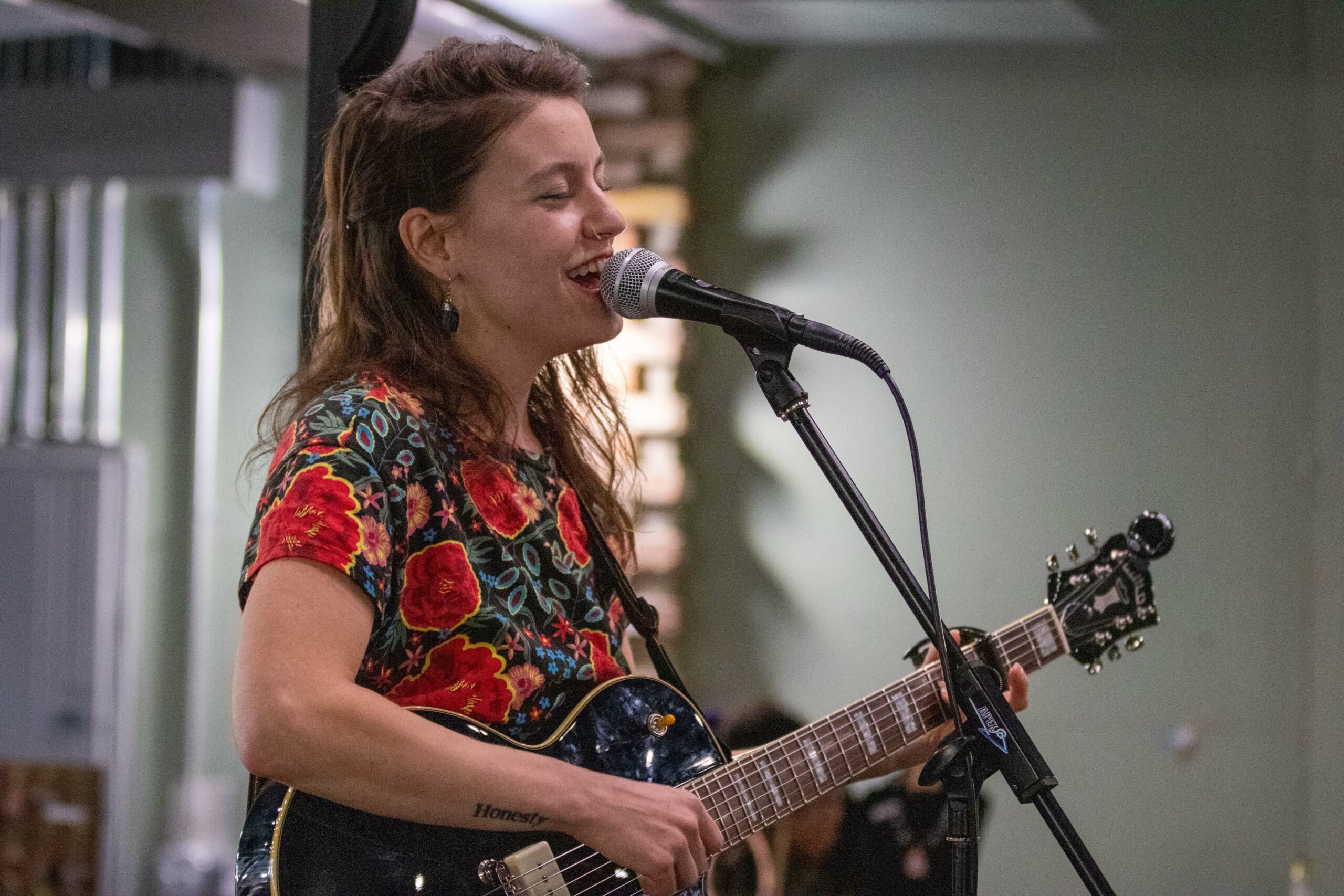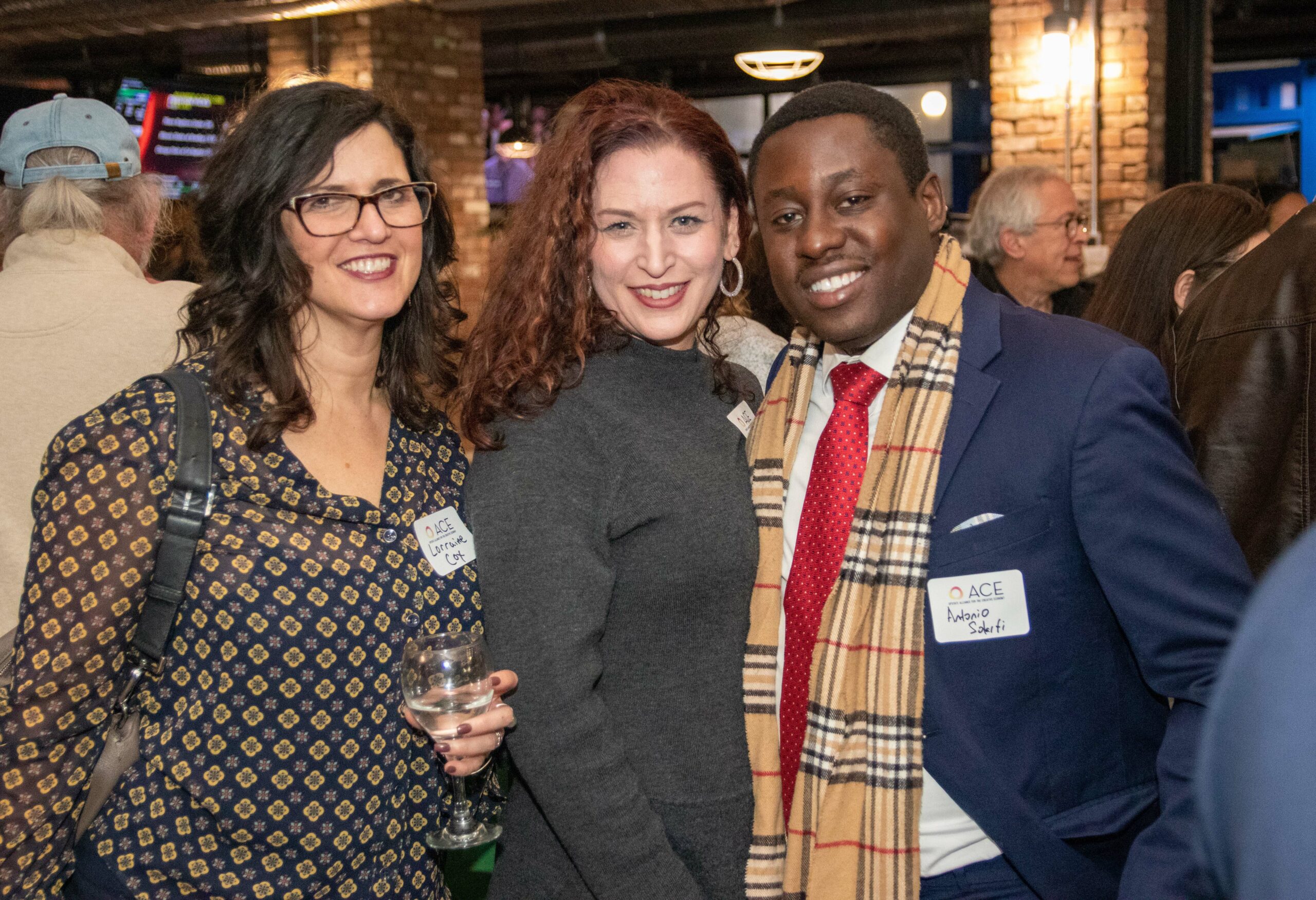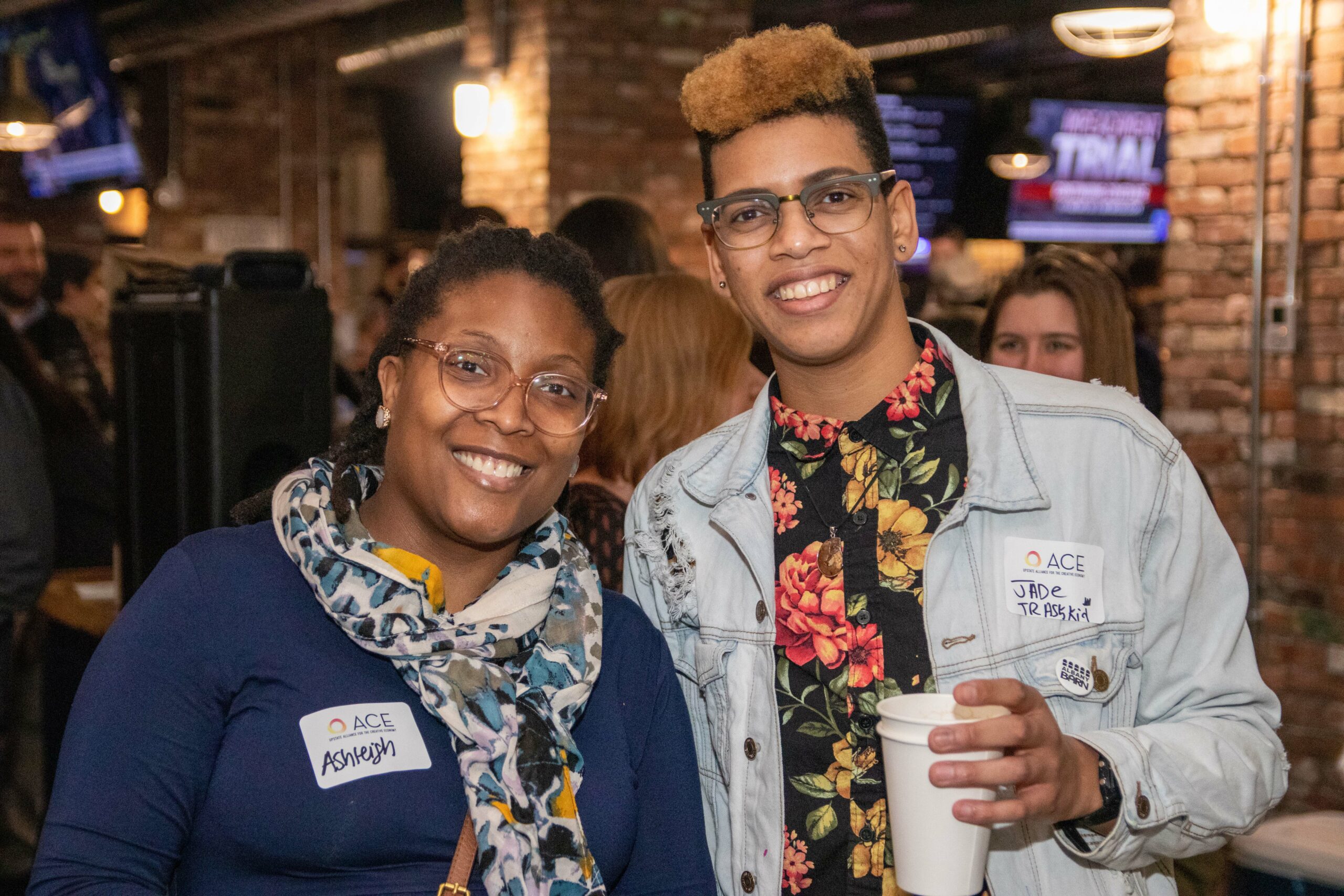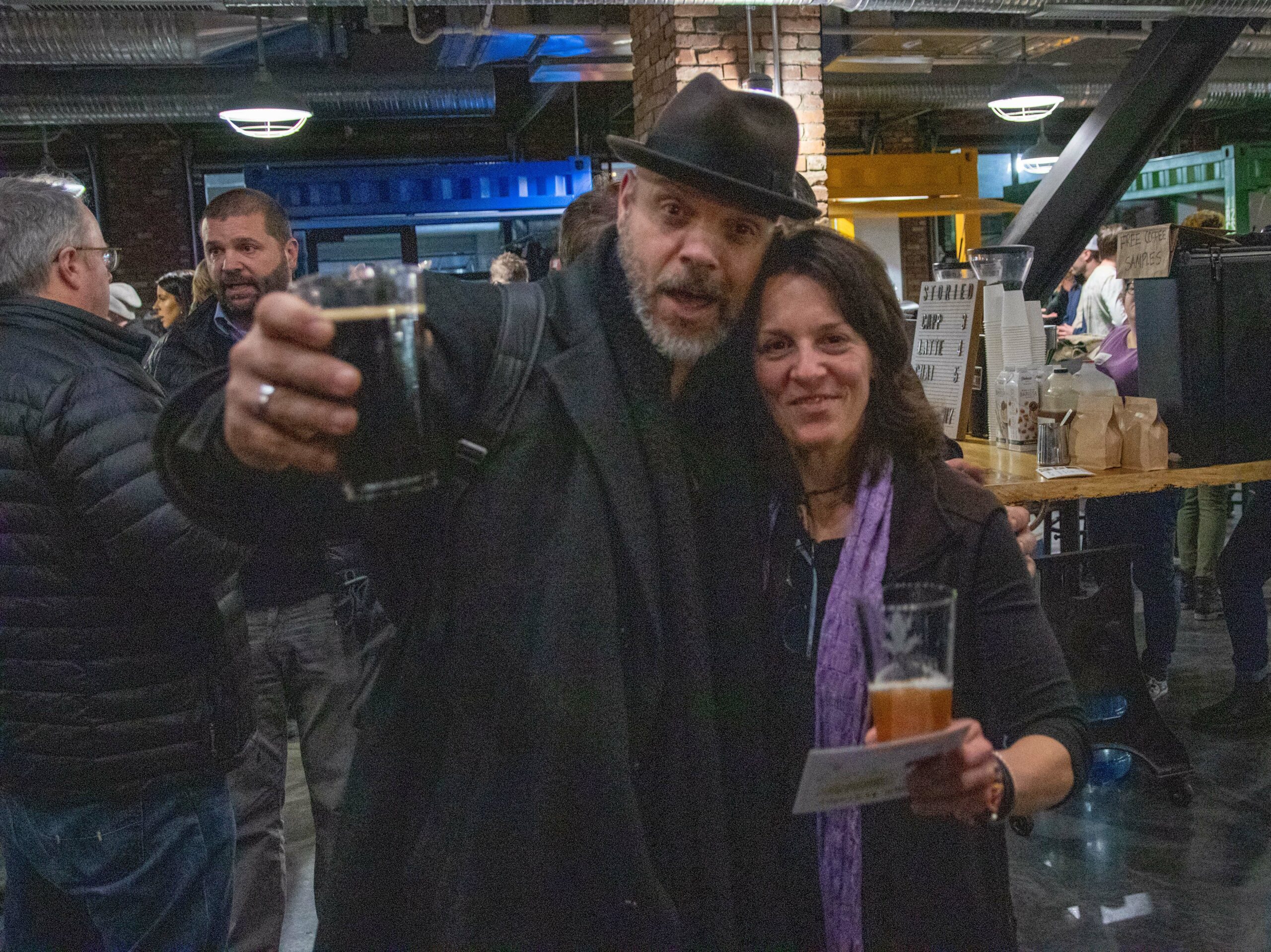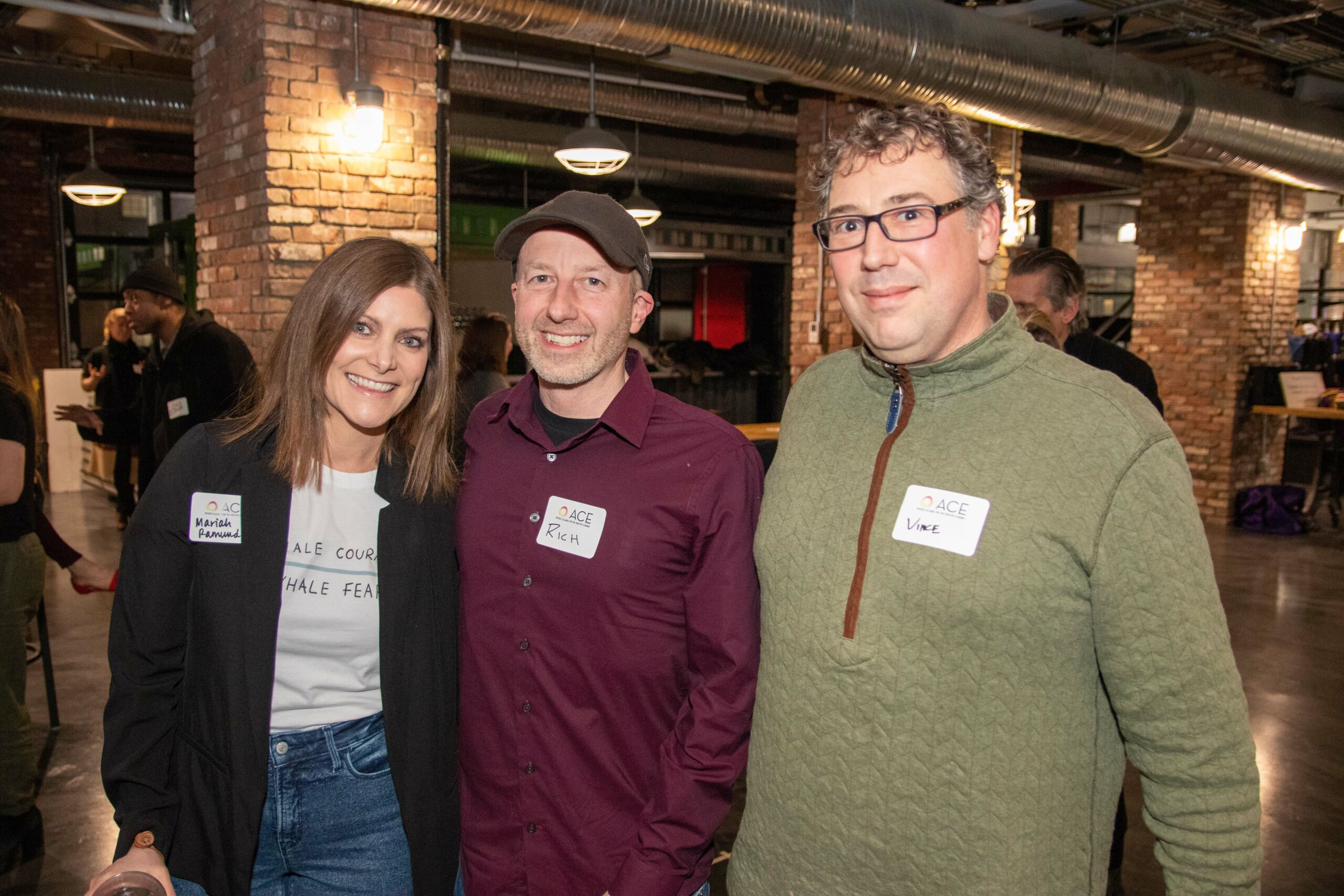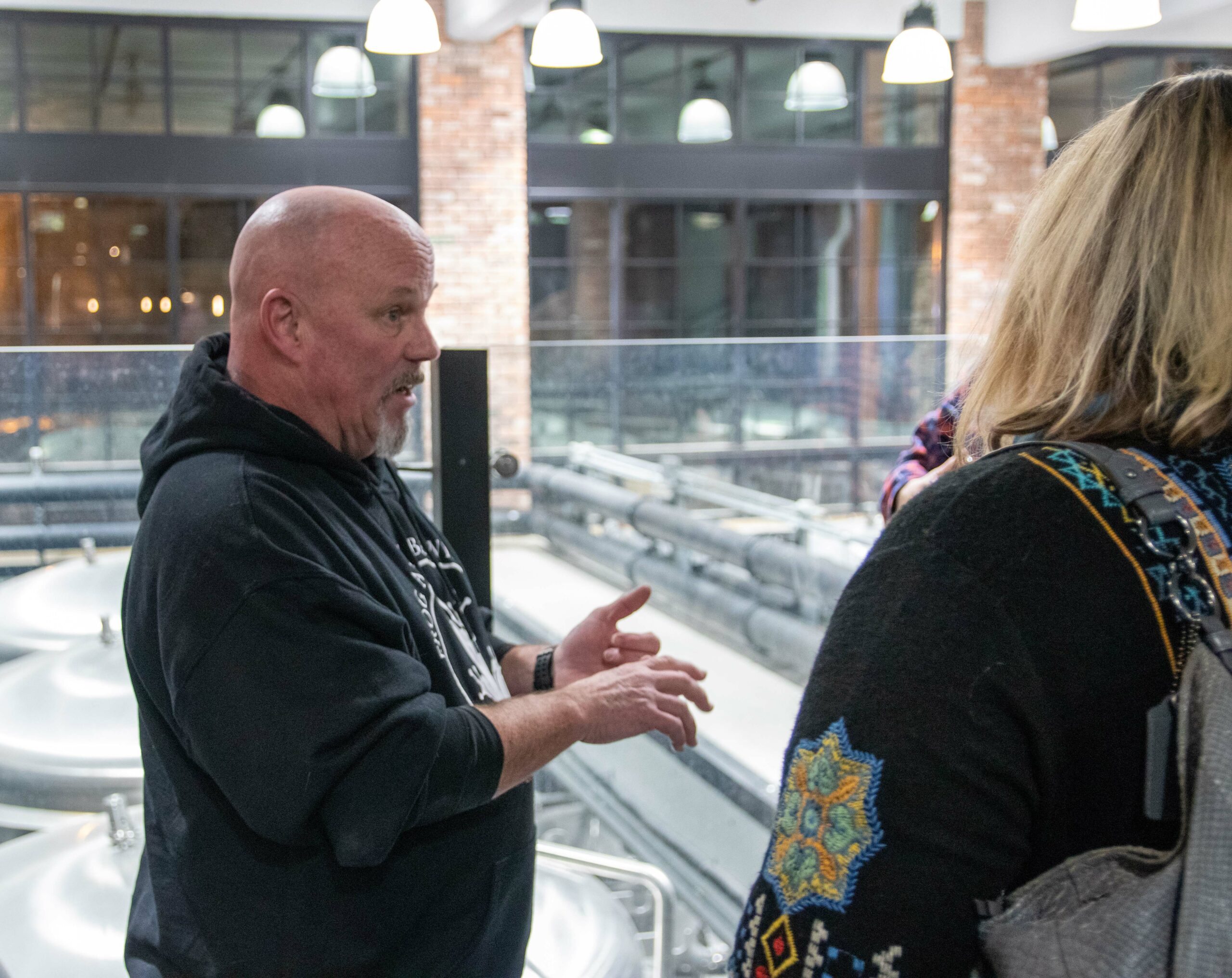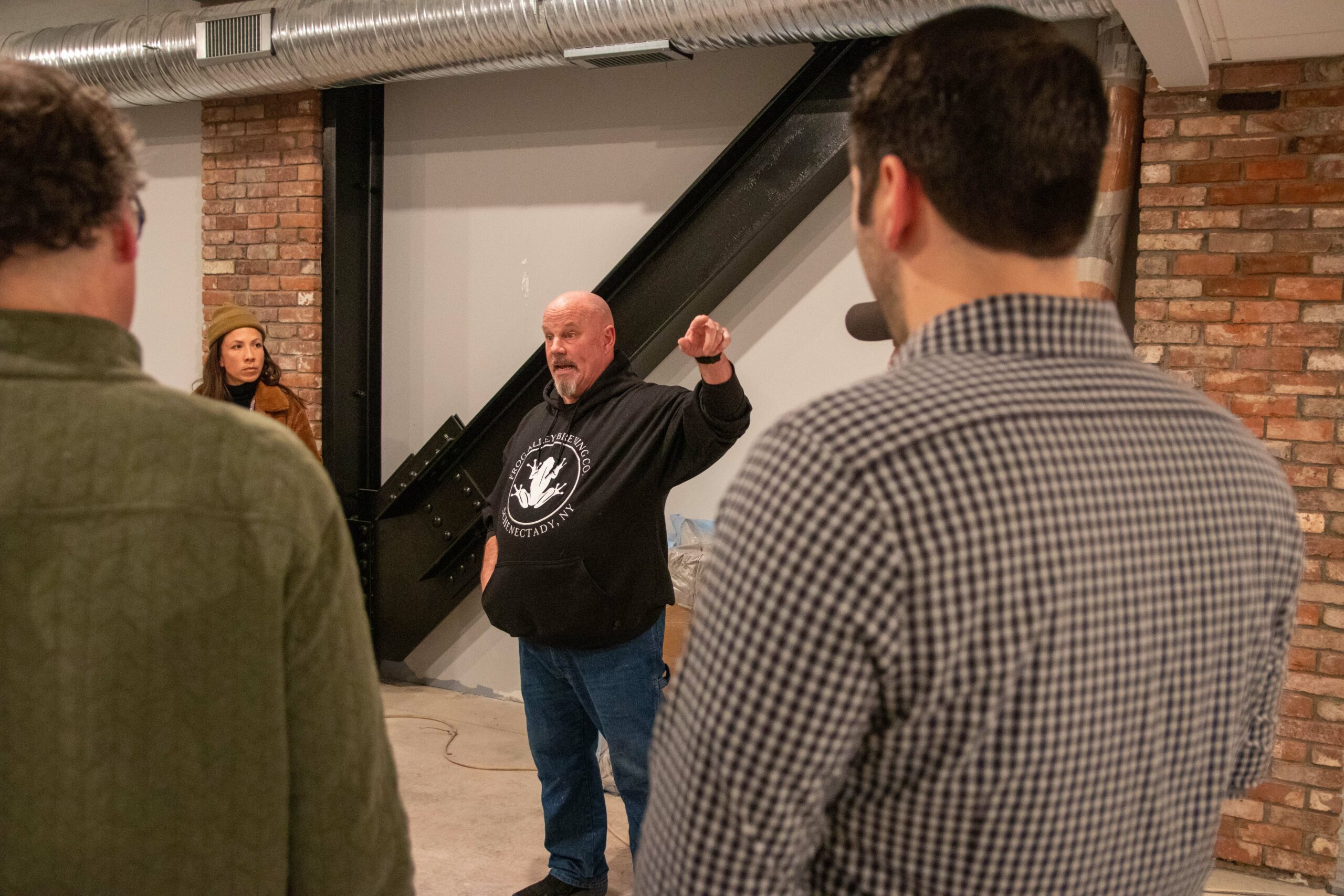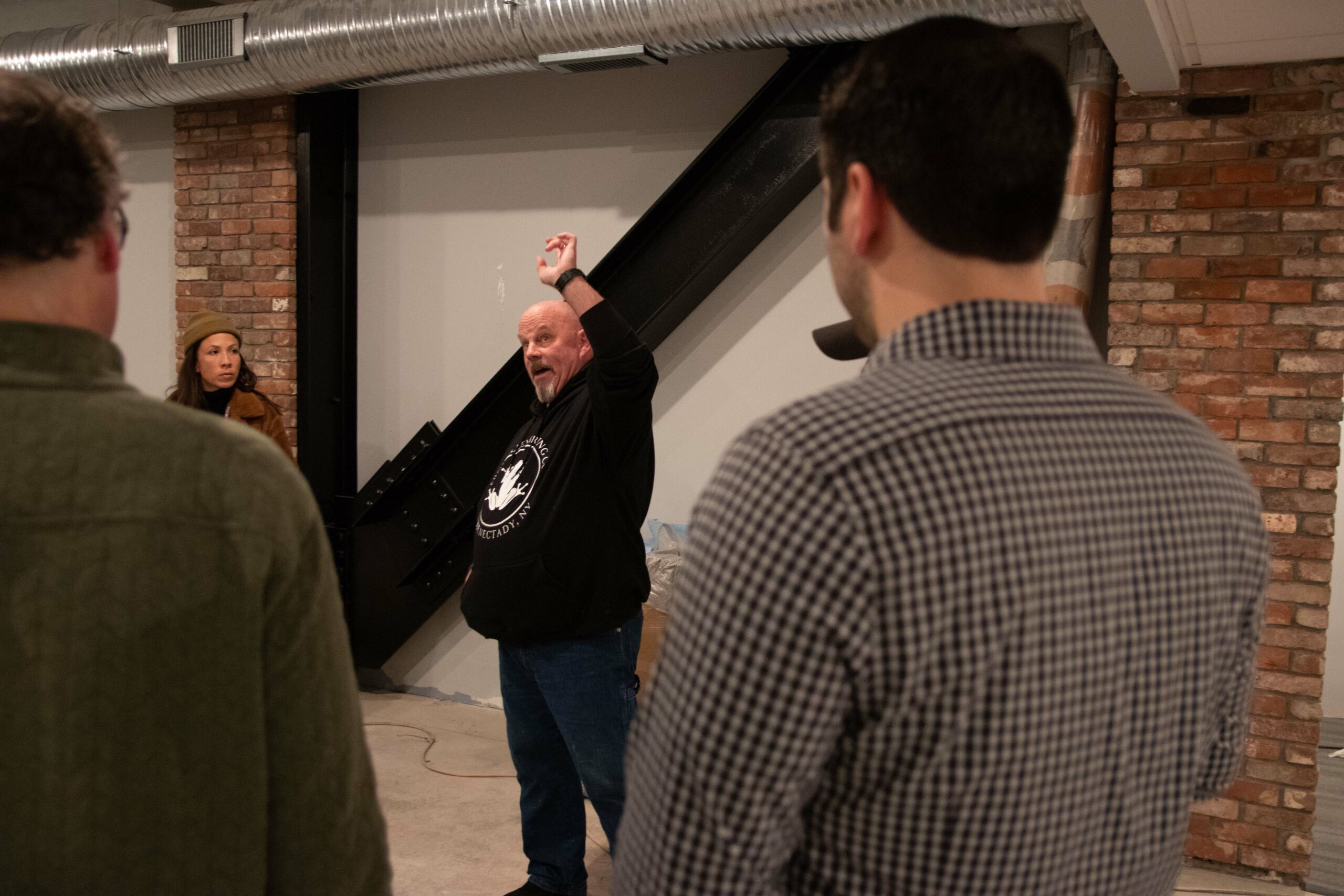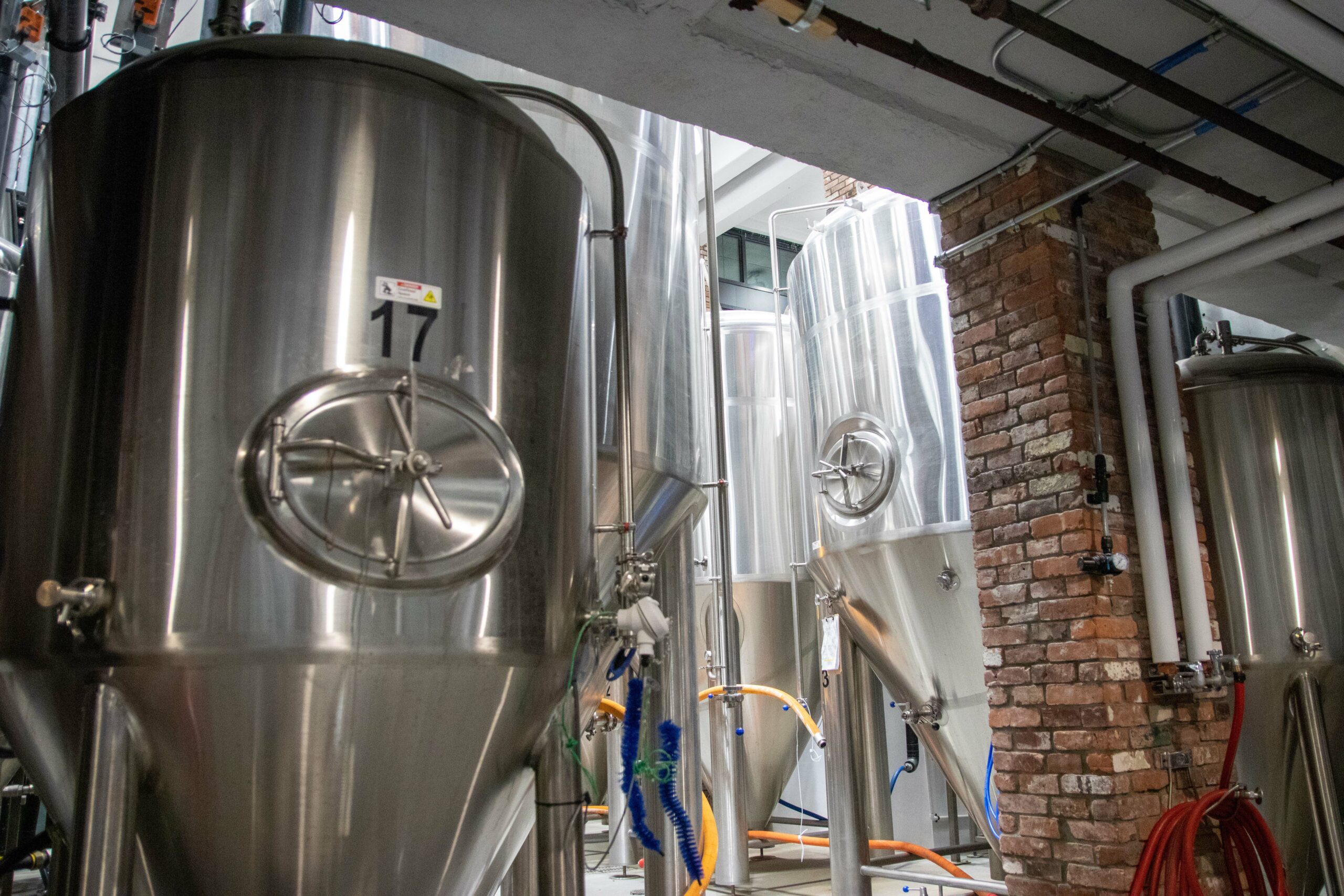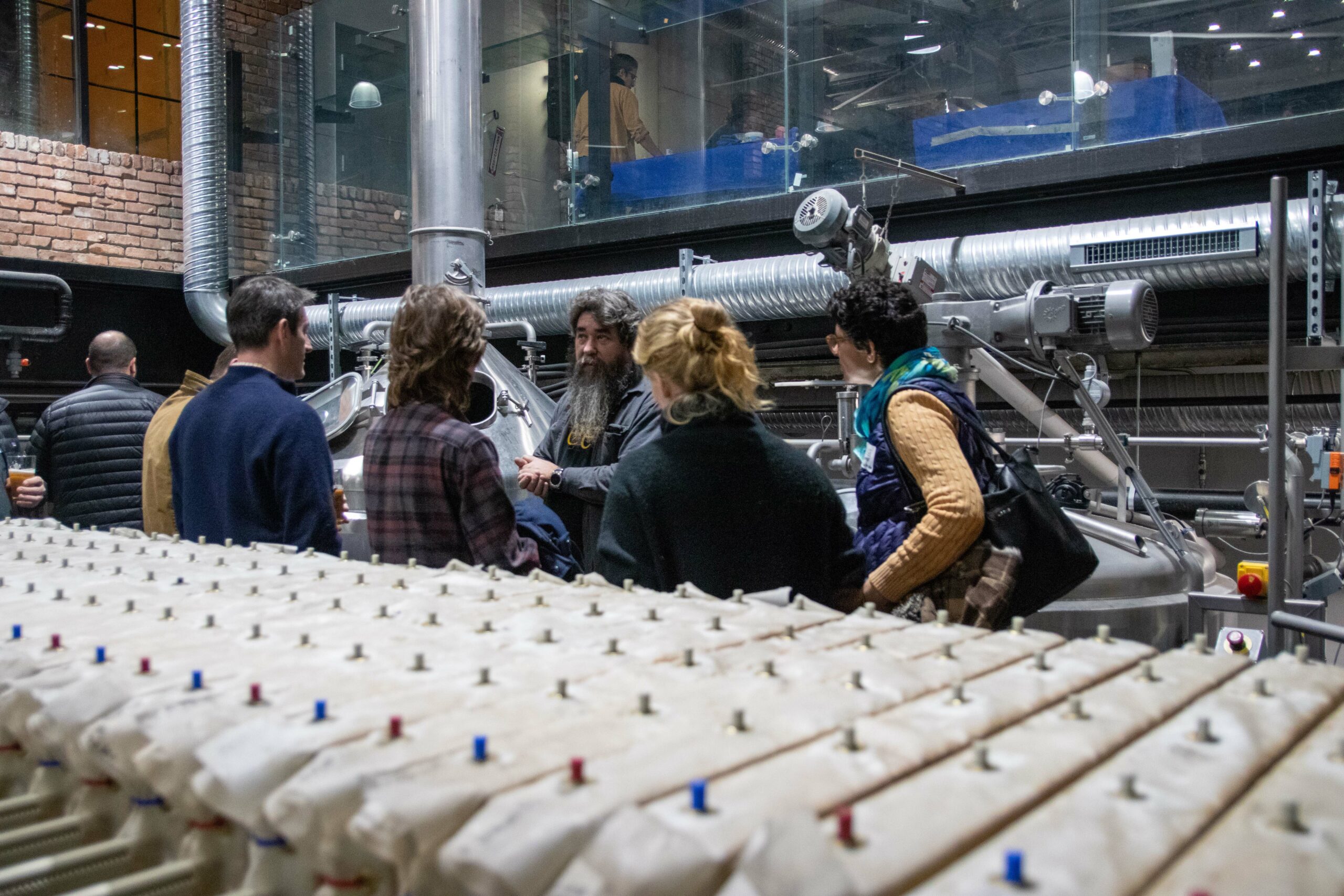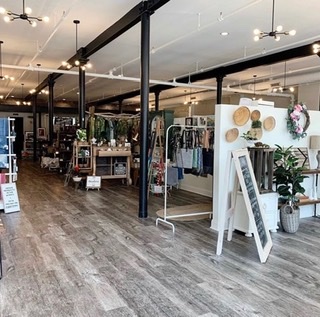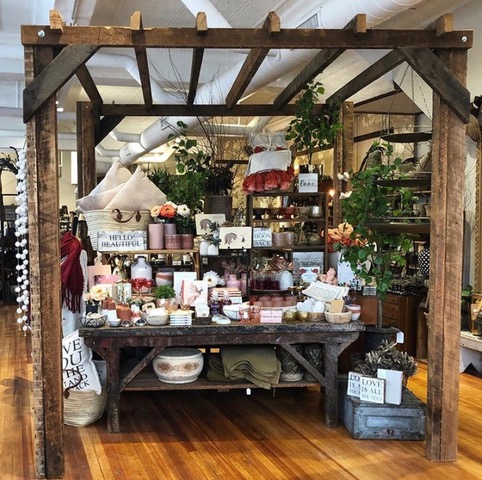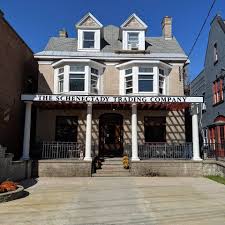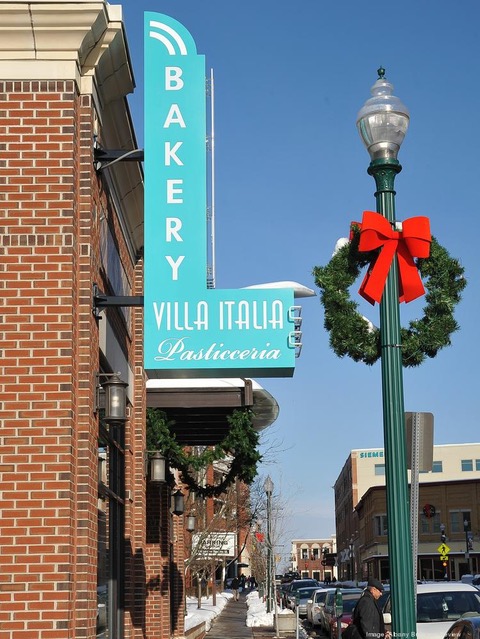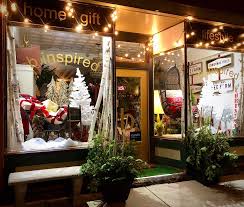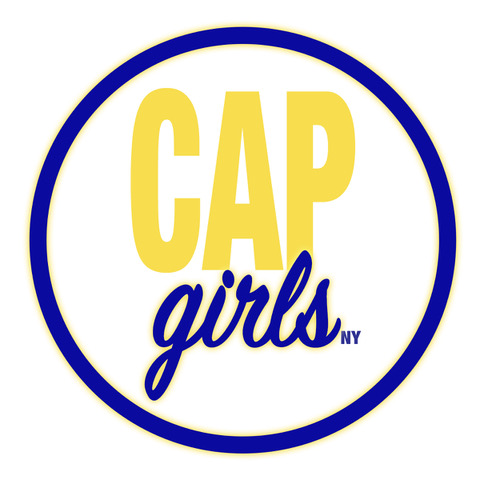“I challenge you, the readers, to consider how freelancing not only satisfies the individual creative work experience, but how it can be applied to change how our society operates – think activism, public policy, and working towards intersectional experiences and real inclusivity.” Meet our second Freelancer Friday highlight: Kristoph DiMaria. Many call him Rags, short for “Ragliacci,” his clown-performer-artists identity name. Will Kempe’s Players (Cooperative) is the name of his other business.
- Where are you from? Where do you live now? I was born in Troy, NY and grew up in Clifton Park. I moved out at 18 years old to explore the Capital Region, living and working in each of the four cities. From there it was inter/national travel then back home to Troy, NY where I have lived consistently since 2014. I am currently in South Troy.
- In what year did you start freelancing? I suppose my freelancing practice started as early as an open guitar case on the streets of Saratoga at 16 years old. I’ve been a notary for three years, officiating weddings for the last four years, divining with runes and tarot for the last 6 years or so, and performing professionally as a musician and actor since 2010. I incorporated Ragliacci LLC and Will Kempe’s Players Cooperative in 2017 and am actively working to consolidate and organize my diverse portfolio into a centralized container.
- What inspired you to start? This is a great question. I have always respected the independence and flexibility of freelancing. The opportunity to work with a diversity of people, media, and venues allows for exploration and a natural evolution of one’s art forms. It allows those experiences to affect us and bring us back to ourselves with new awareness. It also allows us to have an effect on those who experience our work, whether audience or collaborator, that deepens relationships and understanding. My biggest push came from the recognition that this failure of late-stage capitalism chooses not to sustainably support artists. The burned-out, crumbling shell of corporate mentality from generations past feels obsolete and oppressive to me. We have to choose ourselves, find our own way, and trust in our impact to do and change, rather than to solely talk about it or trust in a larger system.
- What’s your favorite thing about freelancing? My absolute favorite thing about freelancing is the liberty of the work. I am getting to change things up, constantly, and by choice. I follow my inspirations. I set my own schedule. I work with whoever I choose and with those who choose me. At the end of the day, I am accountable only to myself and my loved ones, and that’s what matters.
- What’s the most difficult part about freelancing? Consistency is definitely a challenge. A freelancer responds more to the will of the market (or their audience), more than the other way around. Setting boundaries that include a narrative of self-care, such as creating just to create, making quality time for oneself and loved ones, or resting from work entirely can be a tricky balancing act.
- What’s your advice to a freelancer just starting out? Finding a rhythm takes time. So does building an audience and context for your work to operate it. Do not despair at hearing “no” or when things seem to take a long time to manifest. Be flexible. Think broadly. Try all the things and be conscious of the responses you get.
- What’s one thing you wish you knew before you started? I wish that I had known how important time and resource management is. I would have greatly benefitted from already having a routine, schedule, and budgeting practice. The learning curve is starting to taper off, however, and I am grateful for the in-flight lessons thus far.
- Your most exciting project to date? The most exciting project is still in its primordial form and involves opening and facilitating a multidisciplinary arts and community space in the Capital Region that serves collaborators and the neighborhood it will exist in.
- Any helpful “freelancer-friendly” resources you recommend using? Digital: Asana, Instagram, Google Suite. In-person: Power Breakfast Club, Upstate Alliance for the Creative Economy, and attending other freelancers’ events / supporting their work.
- Why is it great to be a freelancer in the Capital Region? There is such a diverse wealth of creators and ideas here. We’re in a unique position to shape the culture of this area with our work. It’s a fairly affordable area to live/work in and there is a lot of access to outdoor spaces like parks, rivers, and mountains that keep us healthy and sane.
Stay tuned for our third Freelancer Friday highlight next week!
Contact:
Email: [email protected]
Facebook: @ragliaccirags
Instagram: @ragliacci
